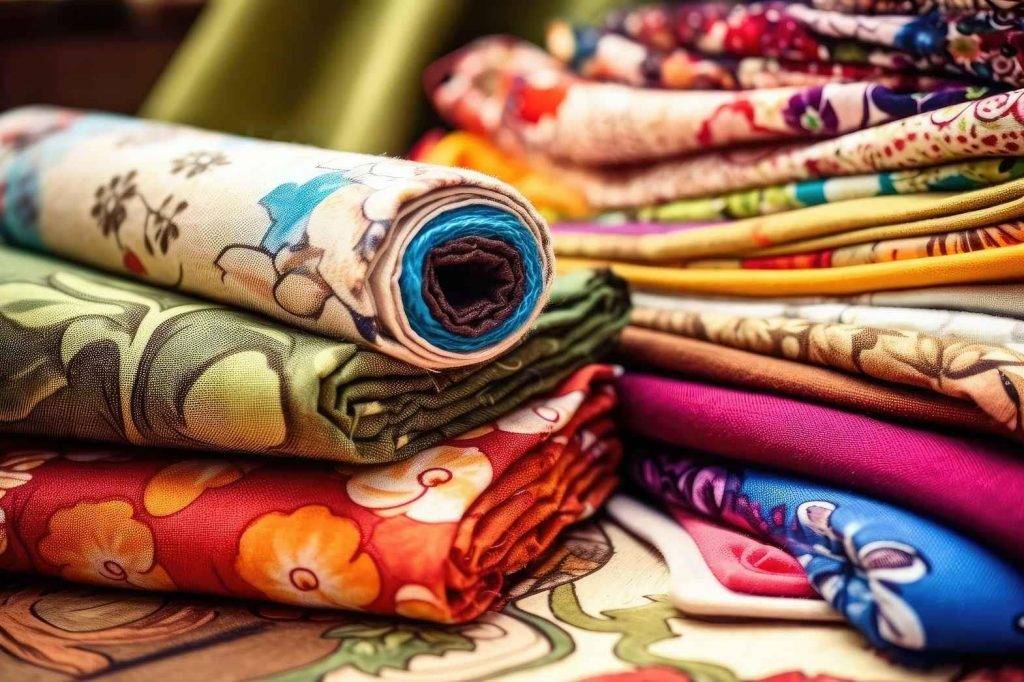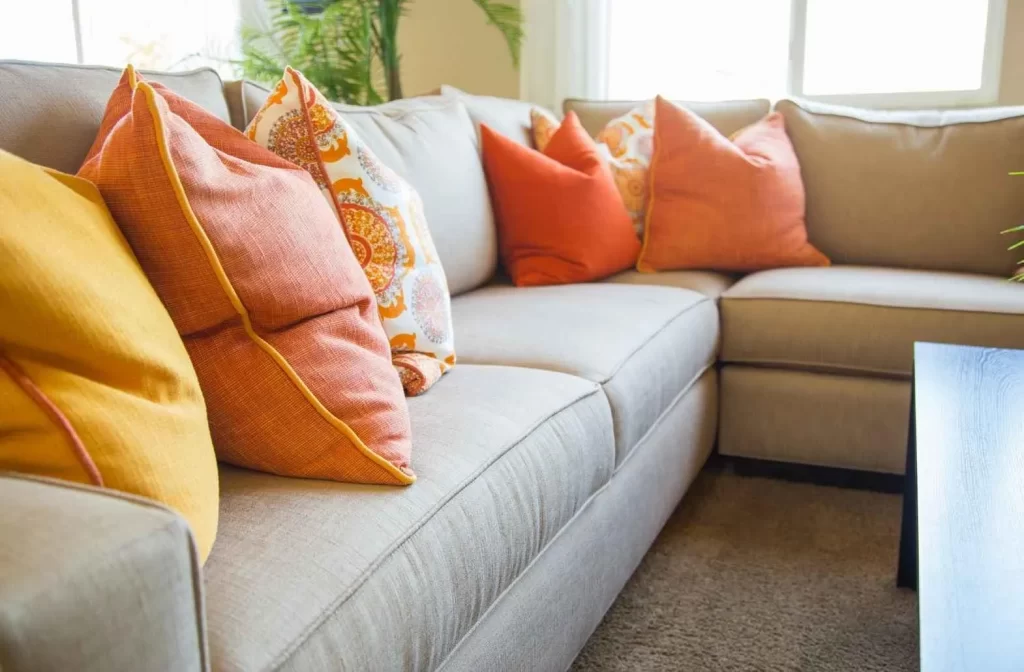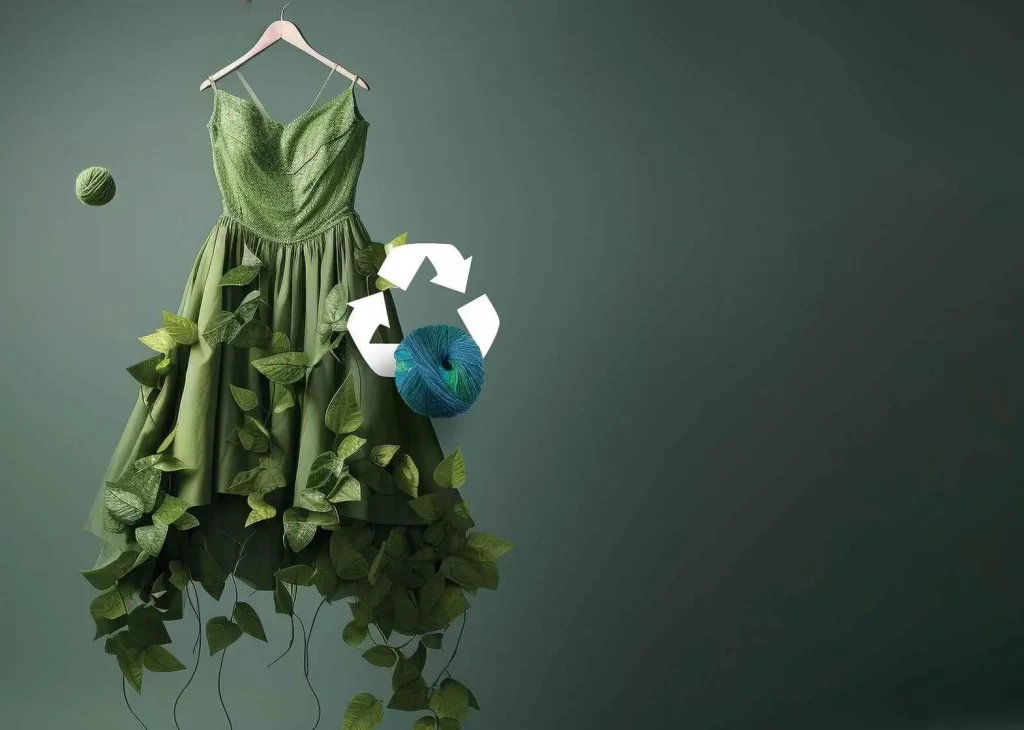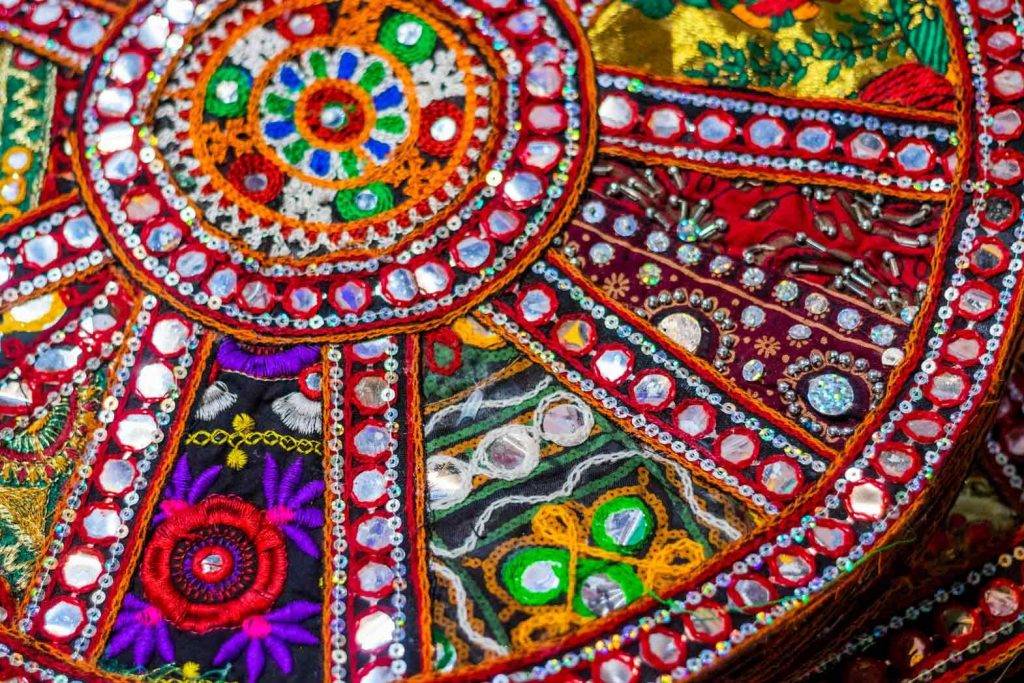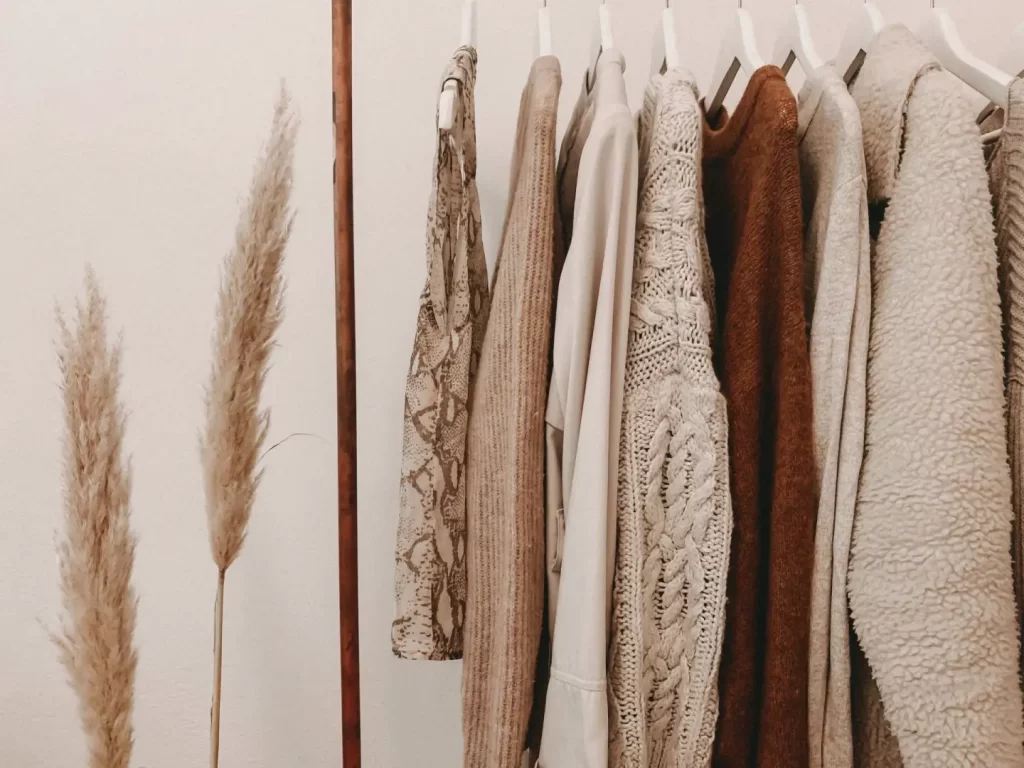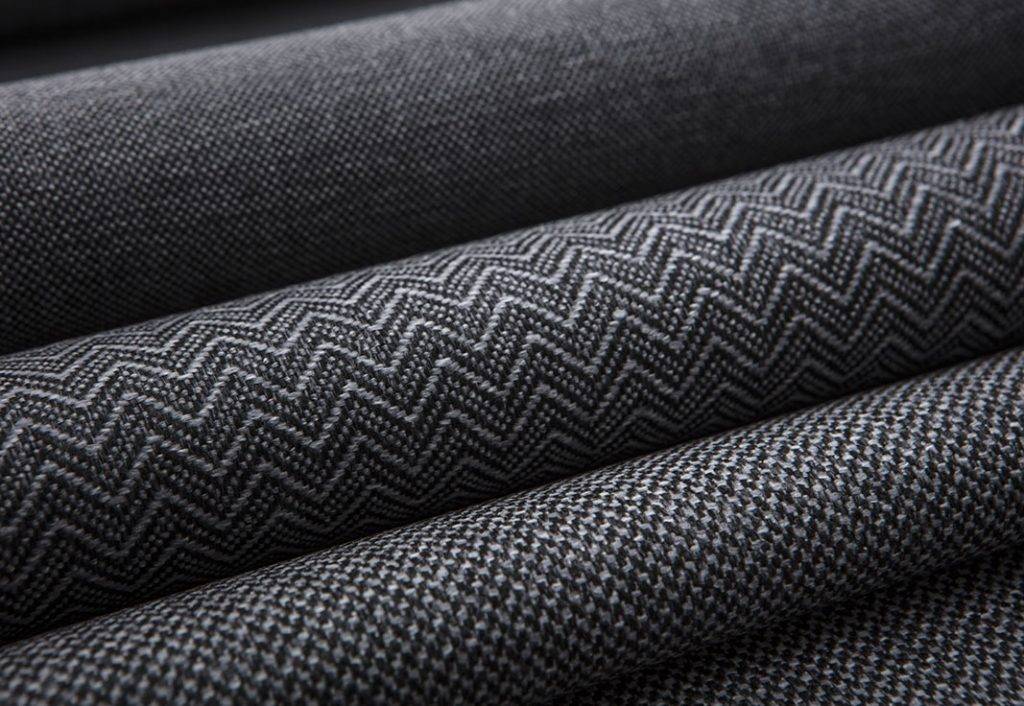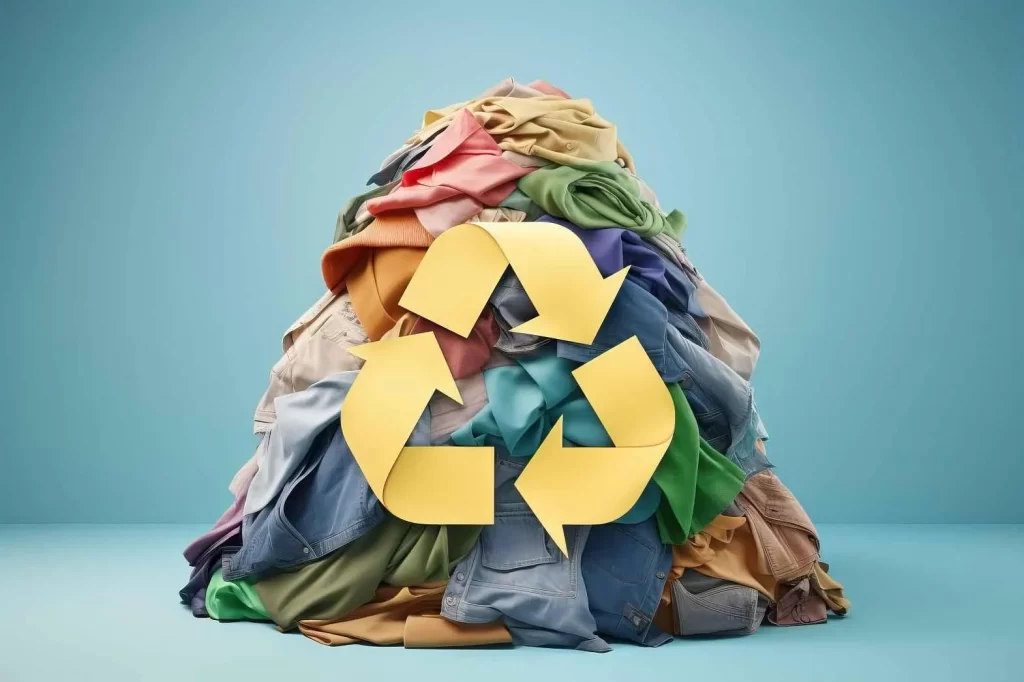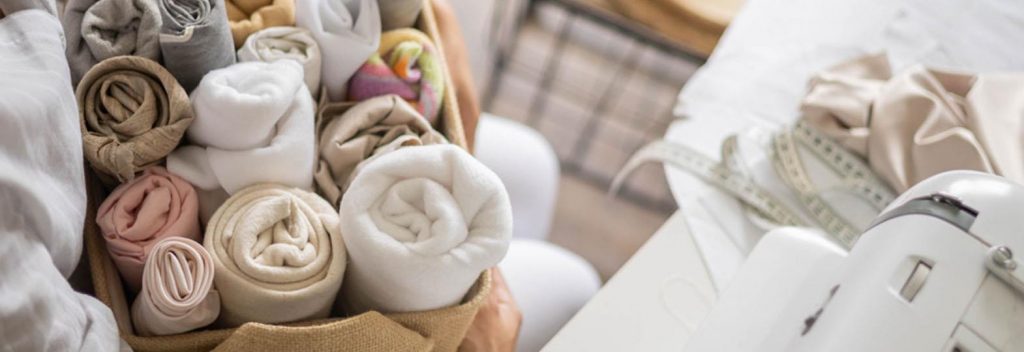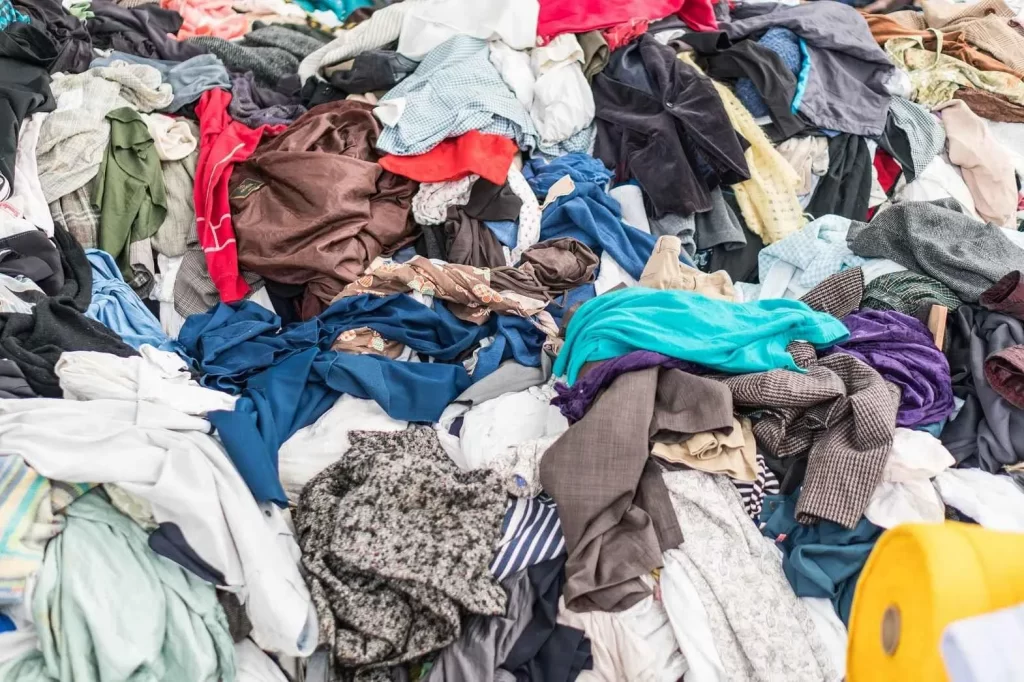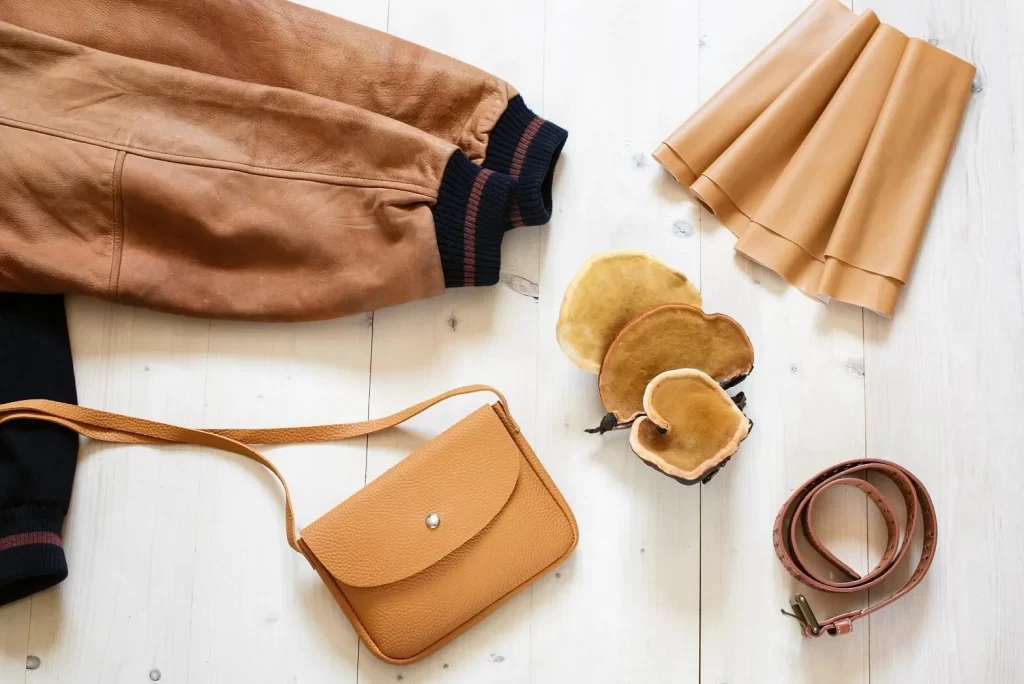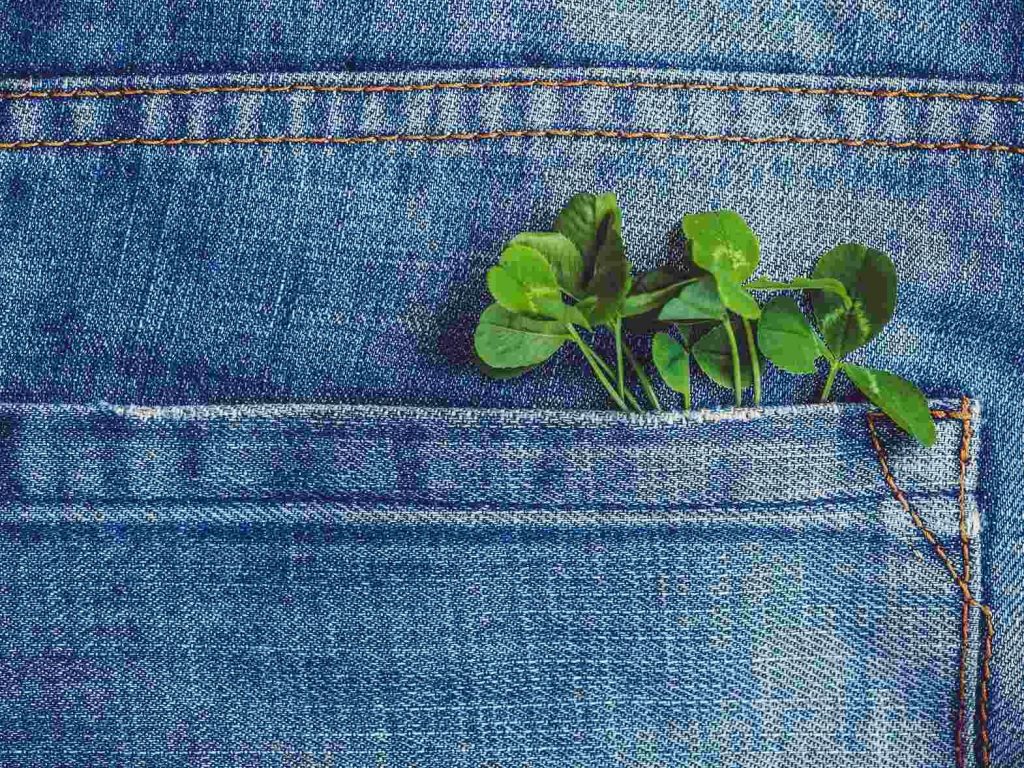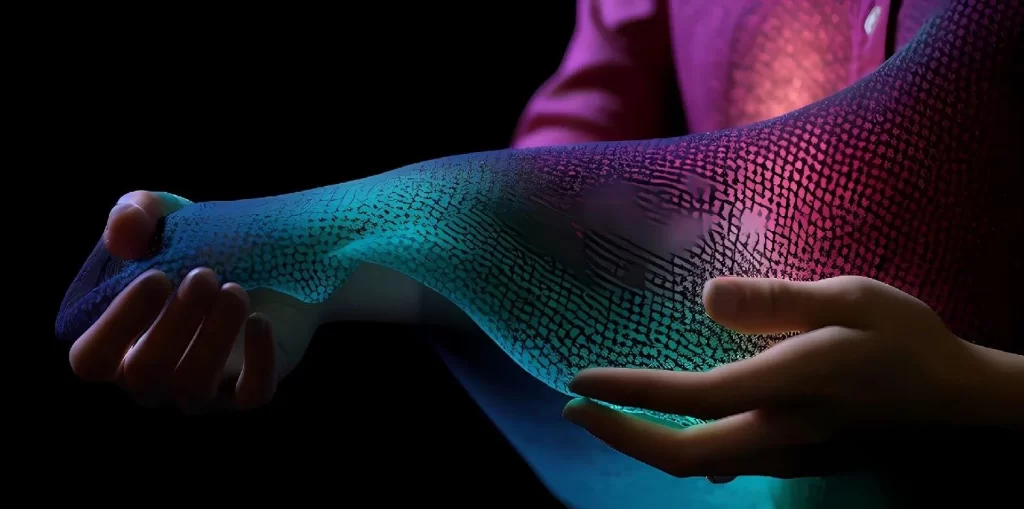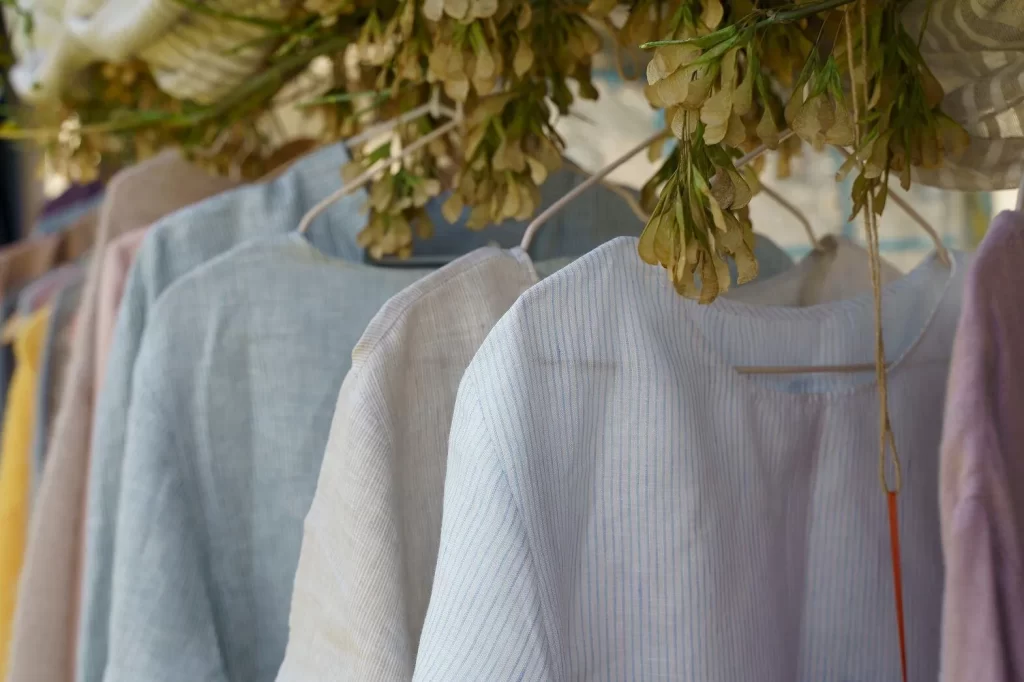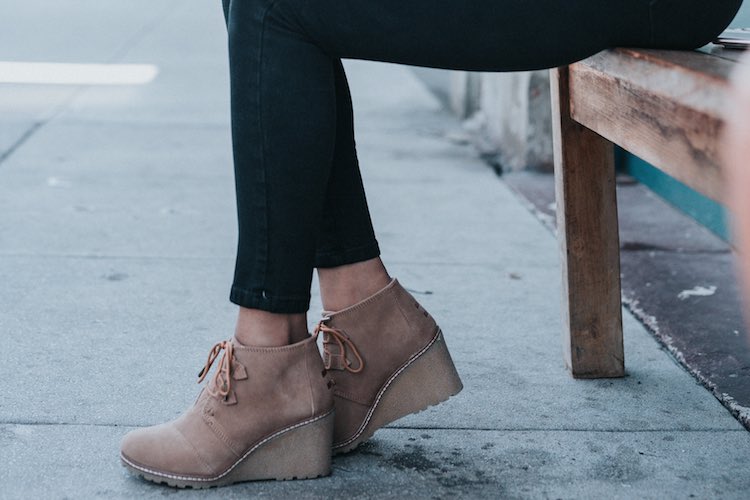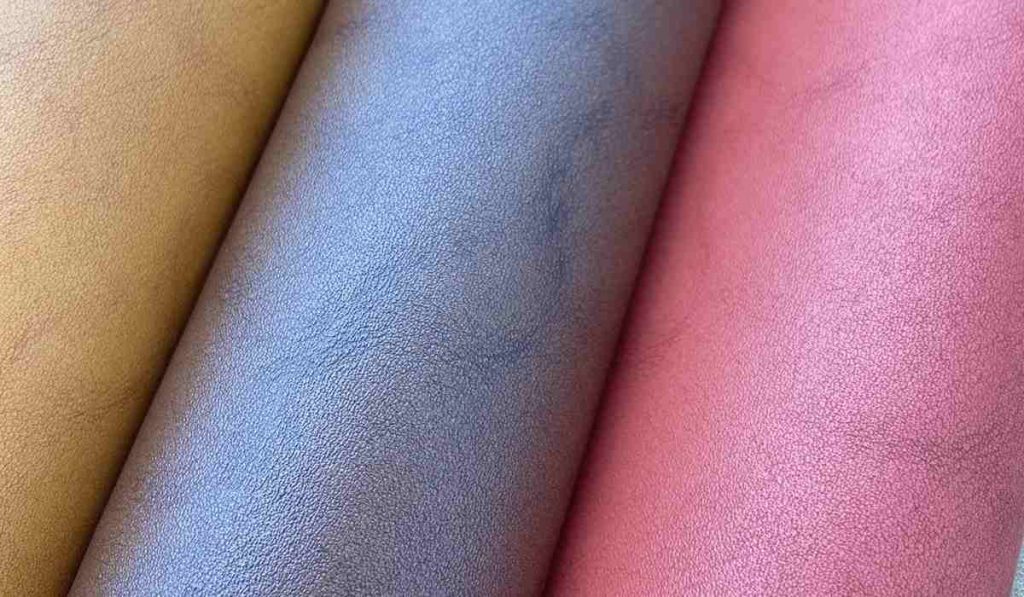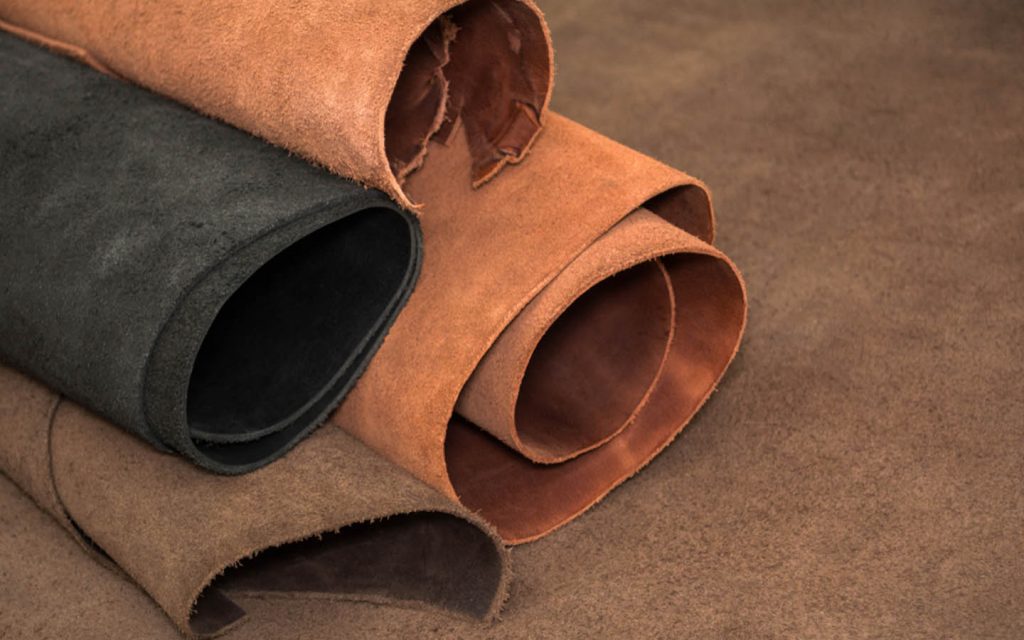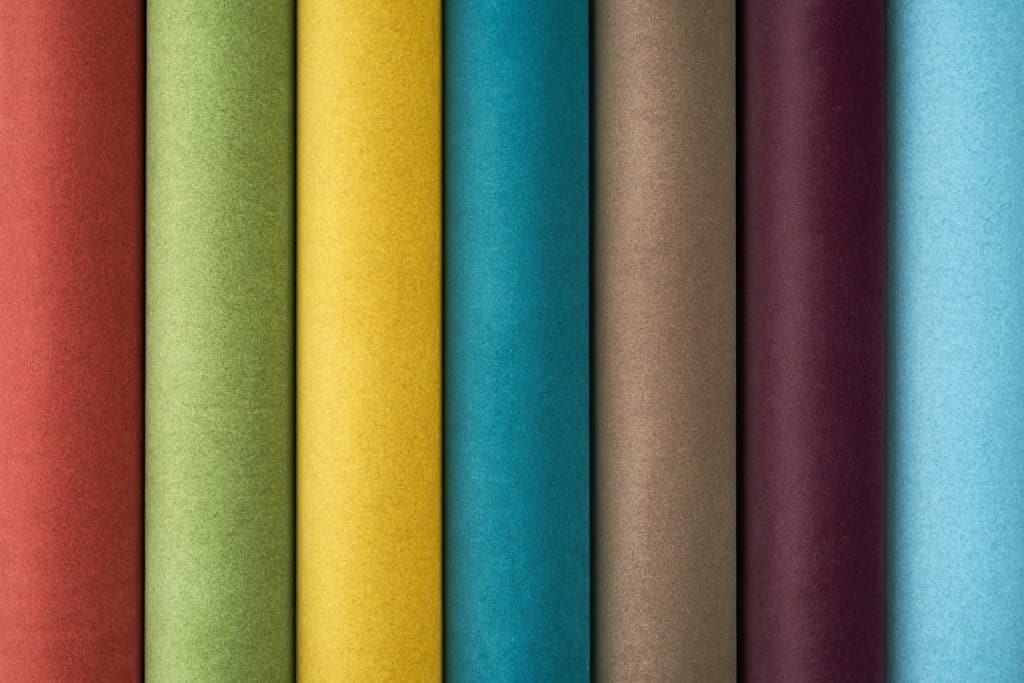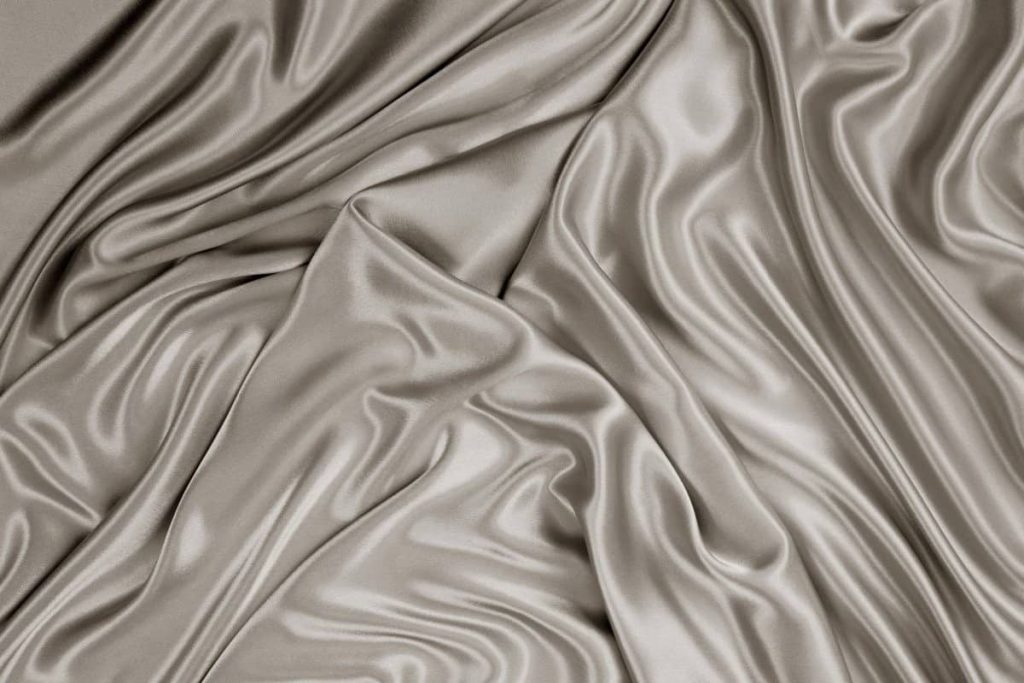Stretch Fabric Guide
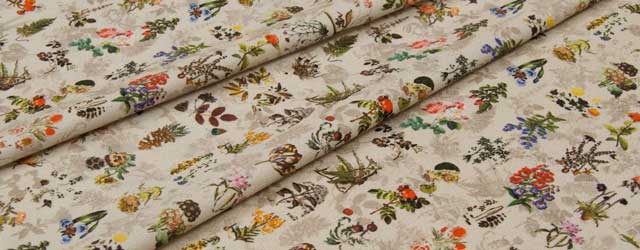
Stretch fabric is a cloth which has the ability to stretch. It is made partially of elastic fibers such as lycra, elastane, spandex (different names of the same synthetic fiber). There are also knit fabrics which stretch due to the production method – looping.
Stretch fabric simplifies sewing, as it is a figure-flattering material. Lycra (elastane or spandex) increases the wear resistance of the product, at the same time it doesn’t neutralize the advantages of other materials. For example, stretch cotton cloth preserves all the positive properties of cotton fabric: breathability, water-absorbing function, hypoallergenicity. Stretch fabrics are perfect for women clothes, sportswear, stage outfits, underwear and home textiles.
.jpg)
Lycra vs Spandex vs Elastane
Lycra, spandex and elastane are different names of the same synthetic fiber, made of polymer- polyurethane rubber. Lycra is a brand name registered by the Dupont Company. This name of the elastic material is popular in UK, Australia, New Zealand, Brazil, Argentina, Ireland and Israel.
Spandex is an anagram of the word “expands”. This name of the fiber is common for Asia, North and South America. It features exceptional elasticity, has a great crease recovery and returns to its original length after stretching (recovery rate is up to 95%).
Elastane is a prevailing name in European countries: France, Germany, Italy, Portugal, Spain and Holland.
1-way, 2-way and 4-way Stretch Fabrics
The two main types are 2-way and 4-way stretch fabrics. 2-way stretch fabrics have warp stretch or weft stretch (some call them 1-way stretch fabrics). They are enough comfortable to wear but are not suitable for such garments as sports or activewear. Another feature of 2-way stretch cloth is that it doesn’t return to original shape.
The term one-way stretch can also refer to knits and their percentage of stretch. It is a very low level, which means that such fabrics stretch very little (0% – 25%).
4-way stretch fabrics can extend in both directions – crosswise and longwise, which creates better elasticity and makes them perfect for sportswear. Stretch jersey fabrics also have warp and weft stretch, because they are knitted, not woven.
.jpg)
Types
Let’s see what the most popular stretch fabrics on the market are and find out their characteristics and uses.
| Fabric | Characteristics | Uses |
|---|---|---|
| Stretch jersey knit | Soft and opaque, with a 4-way stretch. Viscose material has more stretch than cotton jerseys | Dresses, skirts, tops
|
| Cotton jersey knit | Soft, with an excellent drape, 2-way stretch and smooth finish. Cotton allows the skin to breathe.
Usually, cotton jersey knit fabrics do not contain elastic fibers and their ability to stretch refers to the method of production – looping |
Women tops, dresses, skirts, wide-leg trousers, cardigans
|
| Stretch cotton poplin | Delightfully soft and breathable, opaque. Contains elastane or lycra (usually 97% cotton and 3% elastane or 98% cotton and 2% lycra) | Warmer weather dresses, blouses, shirts and skirts |
| Stretch cotton | Soft, breathable and pleasant to the touch, good choice for summer apparel | Blouses, dresses, shirts, skirts. Heavyweight stretch cotton is also perfect for jackets and trousers |
| Stretch cotton shirting | Made of high quality cotton, with a crisp feel, keeps original color for a long time | Shirts, dresses |
| Stretch cotton sateen | Soft and smooth to the touch, considerably dense, keeps color very well | Blouses, elegant dresses and skirts. Heavyweight stretch cotton sateen is good for suits |
| Stretch cotton jacquard | Breathable and exquisitely soft, with good crease resistance, texture is slightly raised, completely opaque | Dresses, jackets, skirts |
| Stretch viscose jacquard | Soft, usually with a lovely drape, can be semi-sheer or opaque, with a slightly raised texture | Dresses, blouses, tunics, tops, skirts |
| Stretch silk satin | Smooth and lustrous, with a subtle sheen and gorgeous drape, lightweight | Blouses, dresses, skirts, evening wear and underwear |
| Stretch silk crepe | Opaque and crisp, with an exceptional drape and ability to hold shape, soft, with a matt sheen, usually medium or heavyweight | Dresses, jackets, skirts, trousers |
| Stretch silk lining | Lightweight and breathable, ensures comfort in wear | Lining |
| Stretch satin chiffon | Soft, with a silky hand and gorgeous sheen, lightweight, semi-sheer, creates beautiful drape, durable | Blouses, dresses, skirts |
| Stretch wool | Smooth and soft, durable and completely opaque,
warm and comfy, wrinkle-resistant |
Jackets, cardigans, dresses, skirts, trousers and sweatshirts |
| Stretch wool crepe | With a dense texture, crisp hand, thin and durable, with a matt face and an easy drape | Dresses, jackets, skirts |
| Stretch velvet | Soft and durable. It is usually made of cotton or viscose | Dresses, jackets, skirts, sweatshirts, trousers |
Stretch Lace vs Stretch Tulle Fabrics
Stretch lace is an openwork fabric, which contains elastic fibers. Lycra (elastane) is added to lace during production process to make the fabric durable. Stretchable lace is perfect for such details of apparel as sleeves, as lycra makes them less wearable. It is an ideal choice for lingerie, overlays, shrugs and more.
Stretch tulle is a lightweight mesh fabric with a touch of elastane. It usually has a wonderful 4-way stretch. The fabric is soft and features a fluid drape. Stretch tulle is perfect for underlays and inserts. Choose it to decorate necklines, hems or use it as overlay material.
.jpg)
How to Sew with It?
Stretch fabrics are pure pleasure to wear, however, it seems quite challenging to sew with them. Here are some life hacks that will help you with your design project.
- Ballpoint Needle. If the needle point is sharp it can damage the fabric. The ballpoint needle features a rounded one.
- Use Zig Zag stitch. This type of stitch will let your fabric stretch along the seam. It is an alternative to a serger.
- Polyester Thread. Choose it instead of cotton thread. The polyester thread has a slight amount of stretch.
- Do not stretch the fabric when cutting. It is super important. Put your stretch fabric on a table or floor without hanging edges and only after that cut it.
- Curl factor. Check the edges of your stretch fabric. If they are curling, use a warm iron to flatten the edges.
Do not hurry and have fun! Sewing is a creative process.
Manufacturers
Tissura offers stretch fabrics from the leading European manufacturers. At our online store, you can buy stretch fabrics coming with the high quality and original prints from:
- Italy — Luigi Colombo, Taroni, Carnet, Loro Piana, Cotonificio Albini, Leggiuno, Redaelli, Marioboselli Jersey, Grosber, Binda, Agnona, Ruffo Coli, Marco Lagattolla, Etro, Fabric Lab;
- France — Belinac, Guigou, Sophie Hallette;
- Switzerland — Hausammann;
- Great Britain — Liberty.
Stretch fabric garments fit any figure, emphasize the body lines, they are durable and are pure pleasure to wear. Choose stretch fabrics for everyday apparel to look cool and feel comfy.
Stretch cotton fabric, 39 € (47 US$) per one running metre;
Stretch cotton fabric, 39 € (47 US$) per one running metre;
Stretch cotton fabric, 39 € (47 US$) per one running metre;
Stretch jacquard fabric, 59 € (71 US$) per one running metre
Other News
Unravelling Asia’s Textile Dominance: Strategic Advantages and Future Prospects in the Global Market
Innovations in Home Textiles Industry: Revolutionising Comfort & Style
Decoding Germany’s Budget Crisis and its Likely Impact on the Textile-Apparel Industry
Best quality fabrics for clothes | Top 10 textile countries in the world
Best quality fabrics for clothes | Top 10 textile countries in the world
What is jacquard fabric? Different types of jacquard fabric.
Consumer Textile Recycling: Emerging Technologies Shaping Sustainable Fashion
Factors that will Impact the Textile Value Chain in 2023
Solving Fabric Waste for a Greener Fashion World
Eco Innovation in Fashion: Revolutionising the Industry
Denim Brands: Moving Towards a Greener Future
Functional Textiles: Blending Innovation with Sustainability
Organic Fabrics for Sustainable and Luxurious Living
Differences in foot shape when wearing wedge-heeled shoes with elevated forefoot height and heel height
Introduction of pvc leather fabric
Original Leather in Pakistan; Natural Thick High Resistance Durability Soft Flexible
Silk Tricot Fabric; Circular Weaves Sturdy High Resistance Not Irritated Skin
How useful was this post?
Click on a star to rate it!
Average rating 0 / 5. Vote count: 0
No votes so far! Be the first to rate this post.
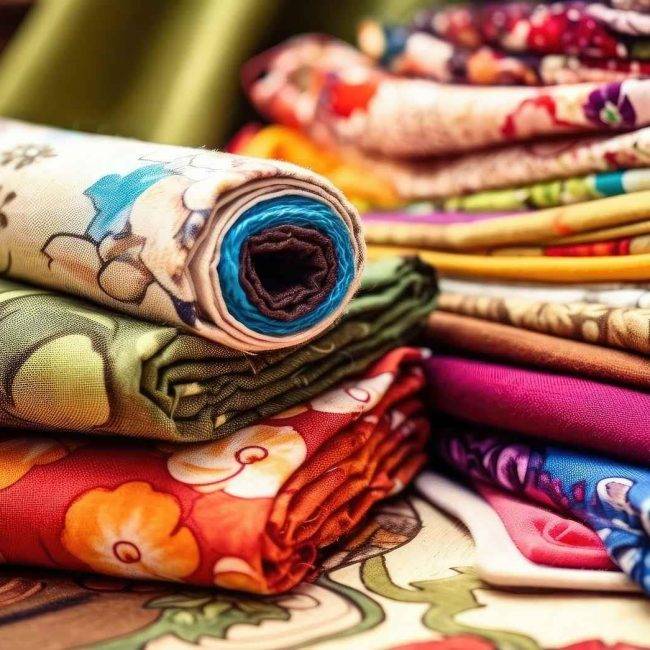
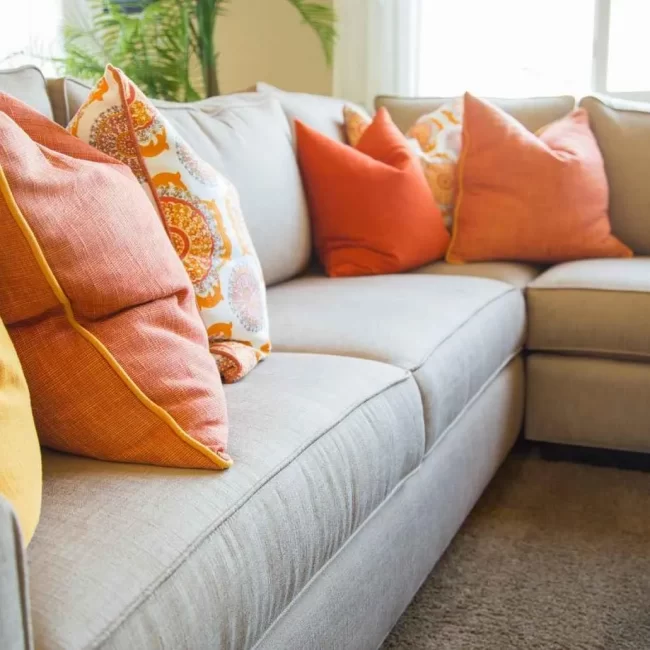
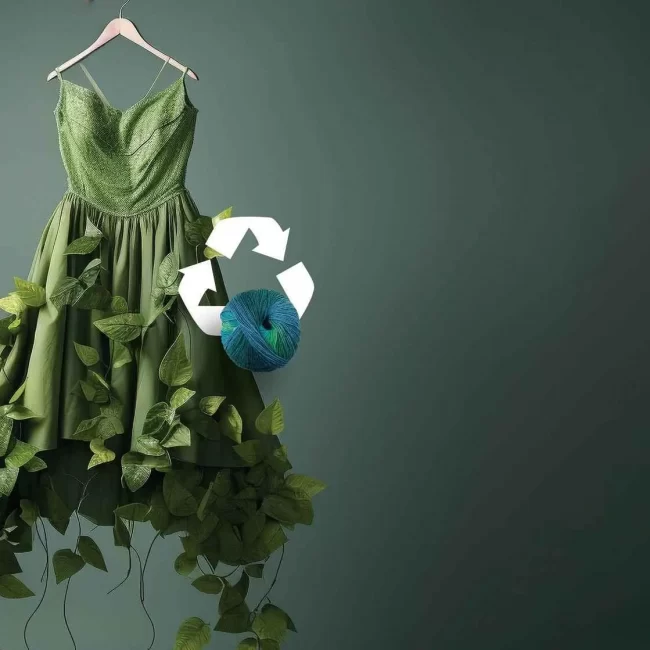
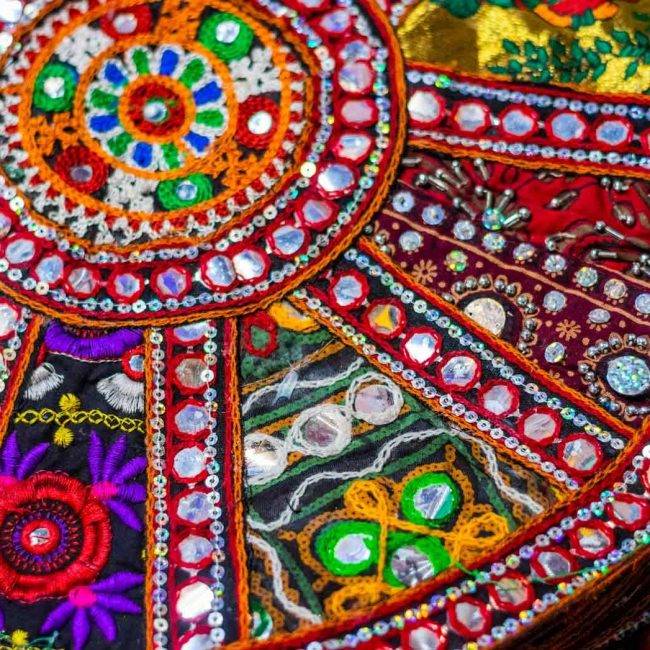
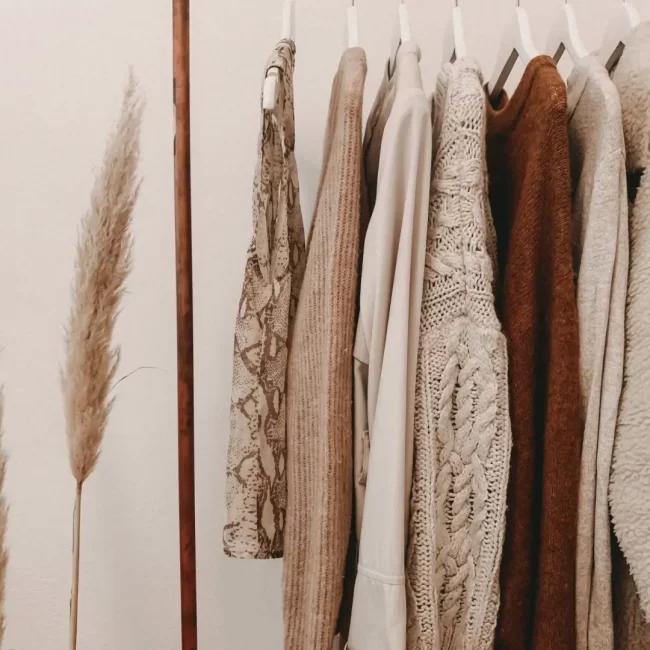
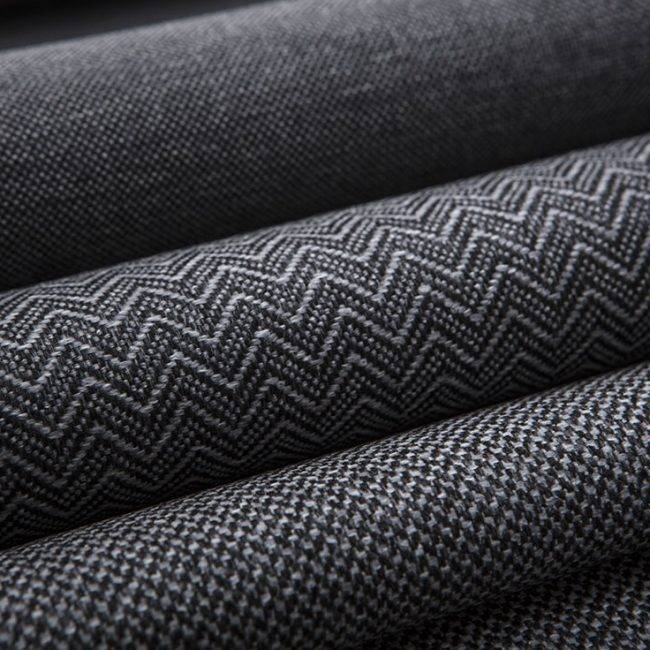
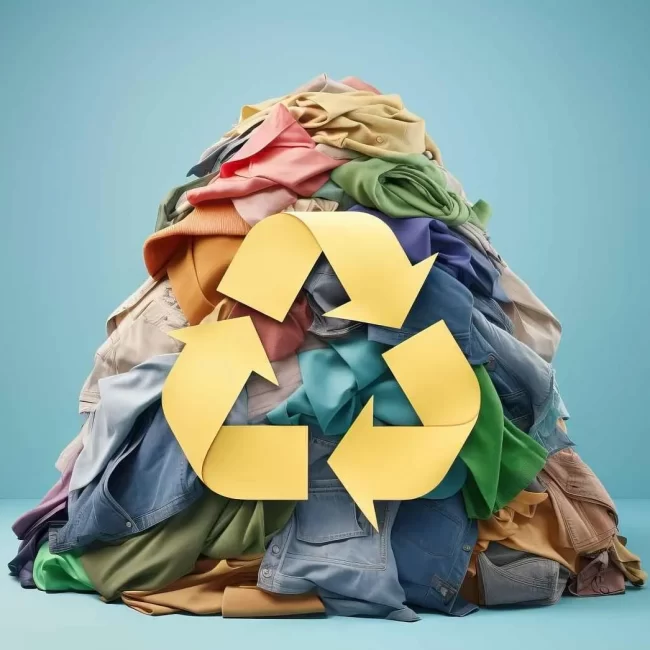
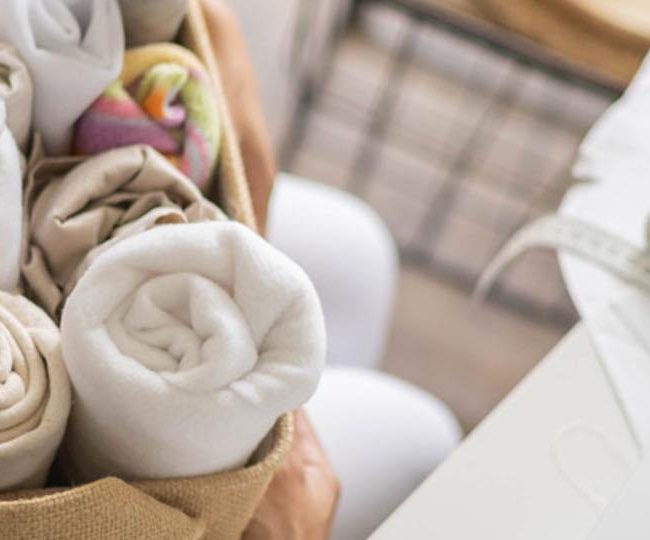
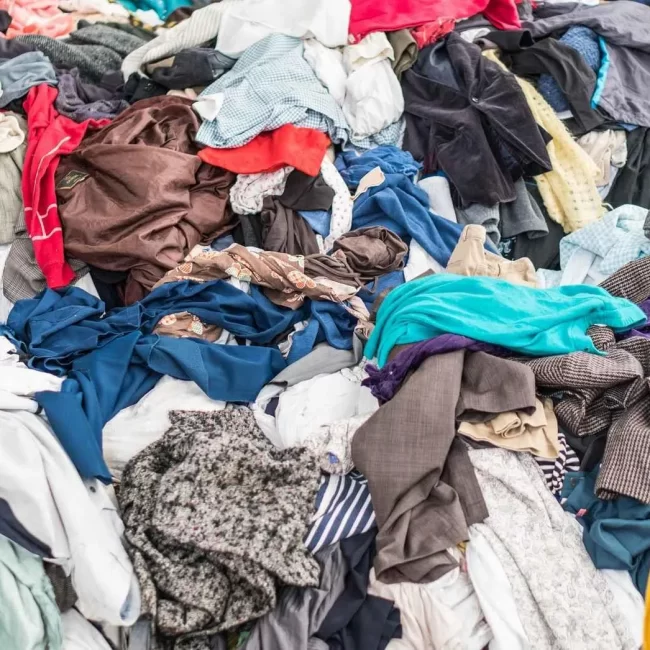
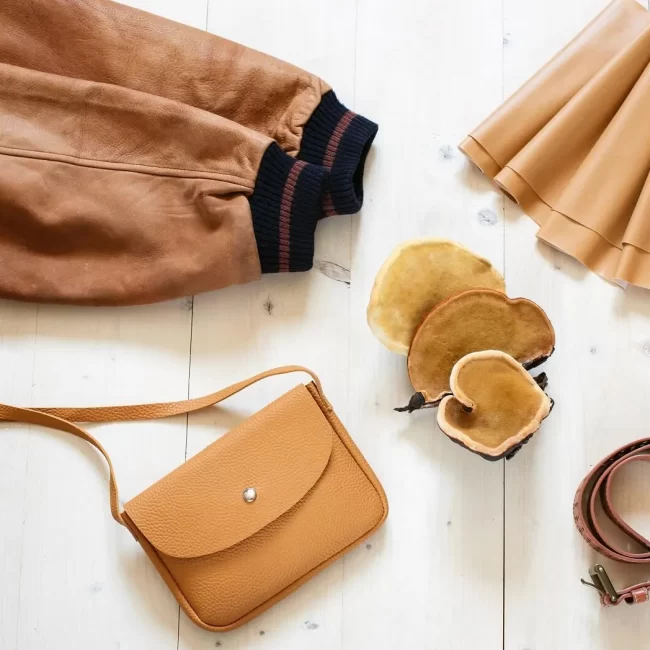
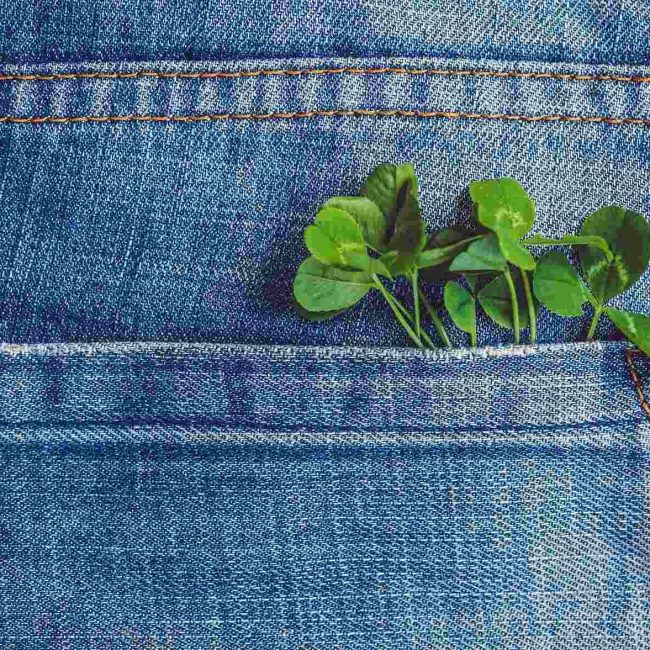
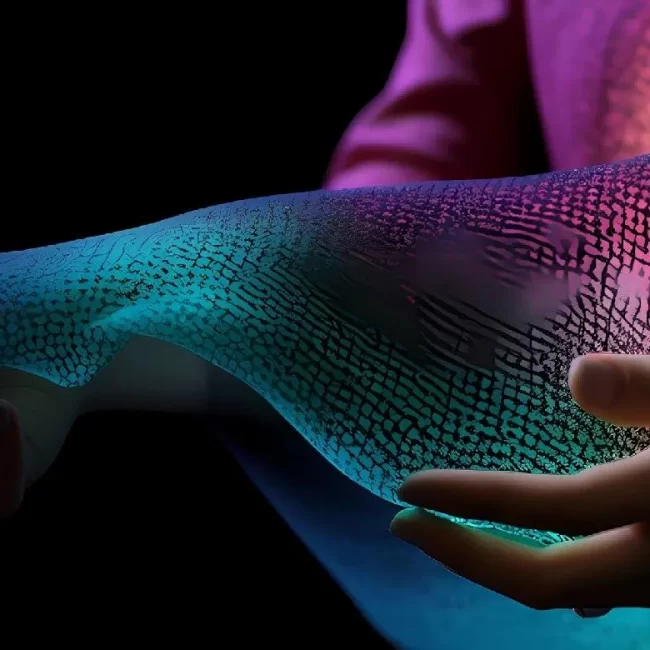
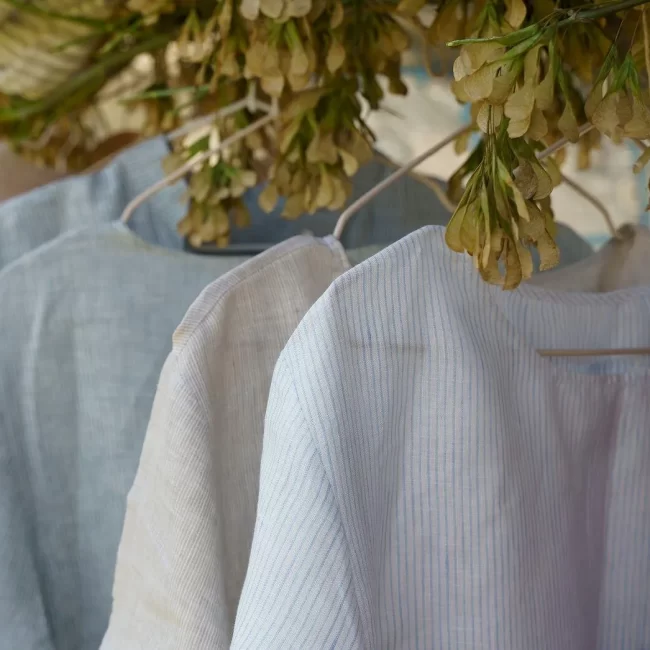
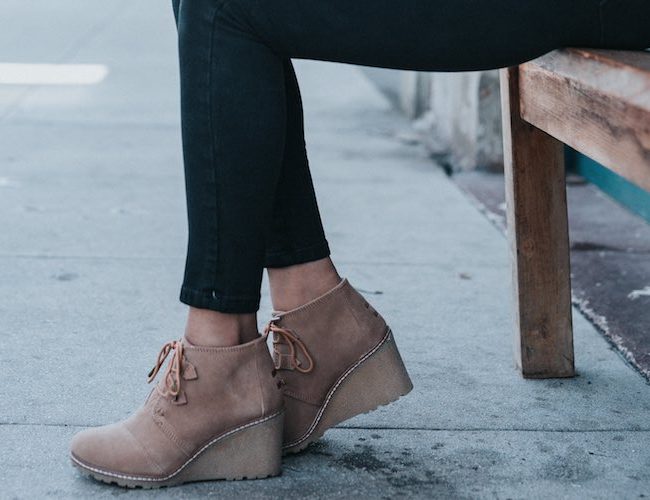
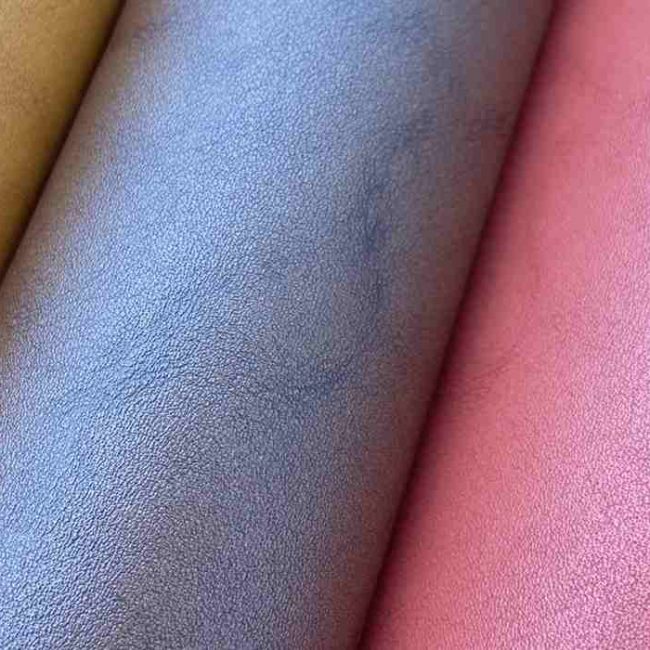
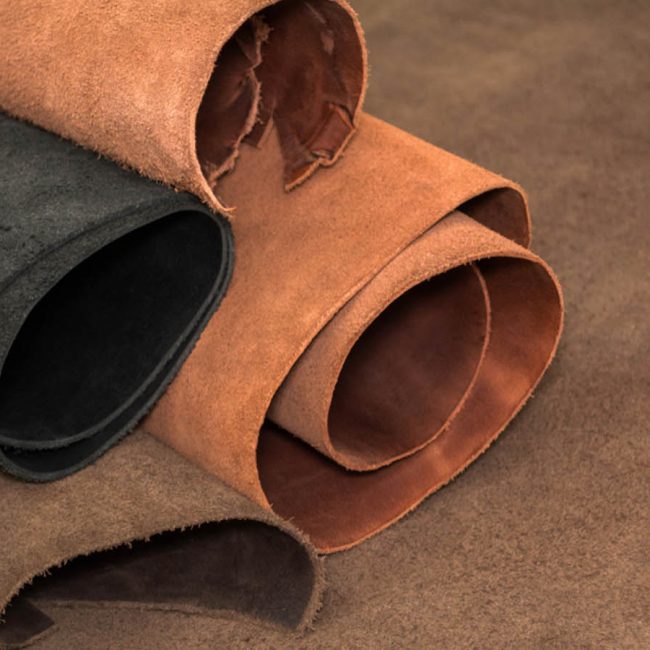
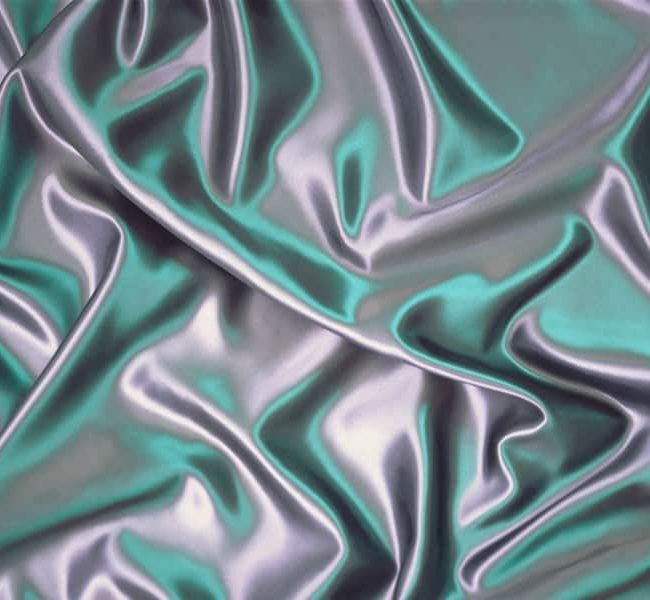
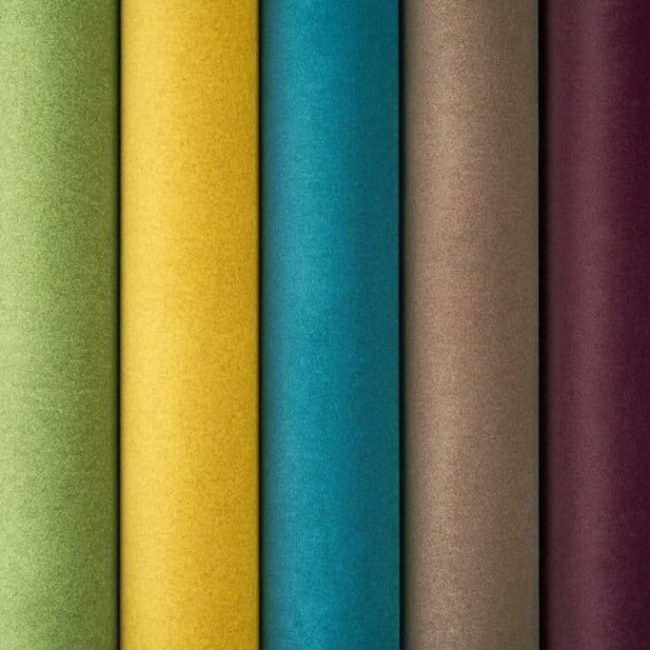
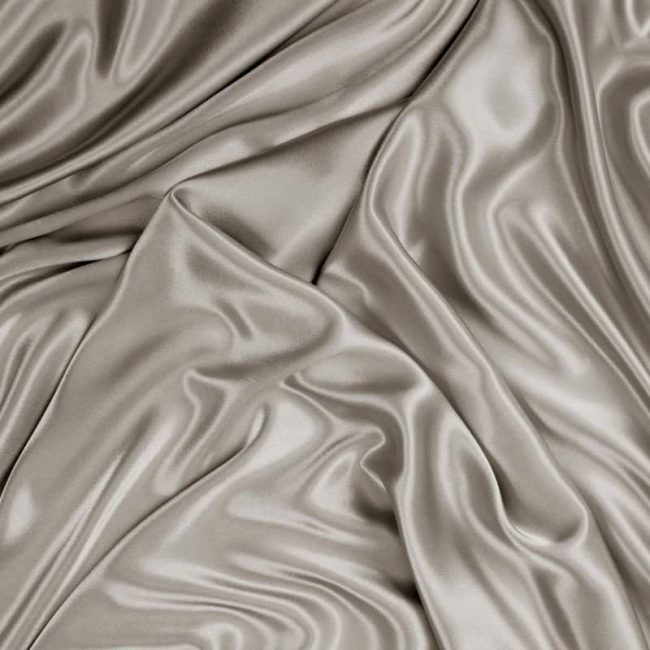
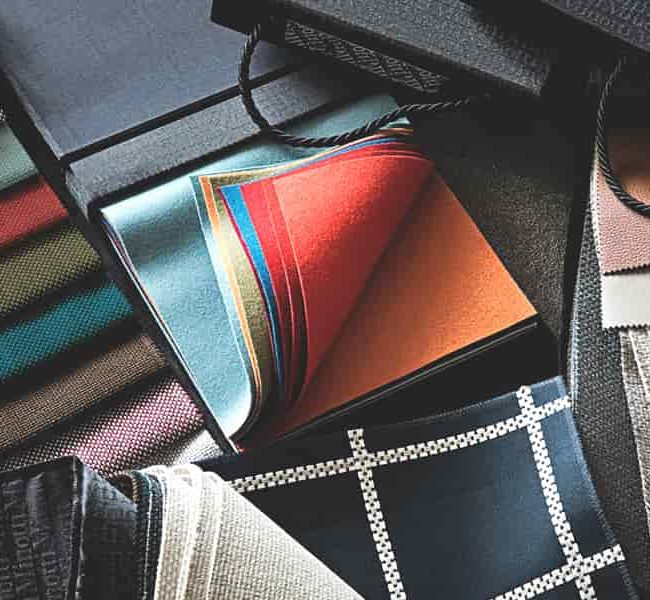
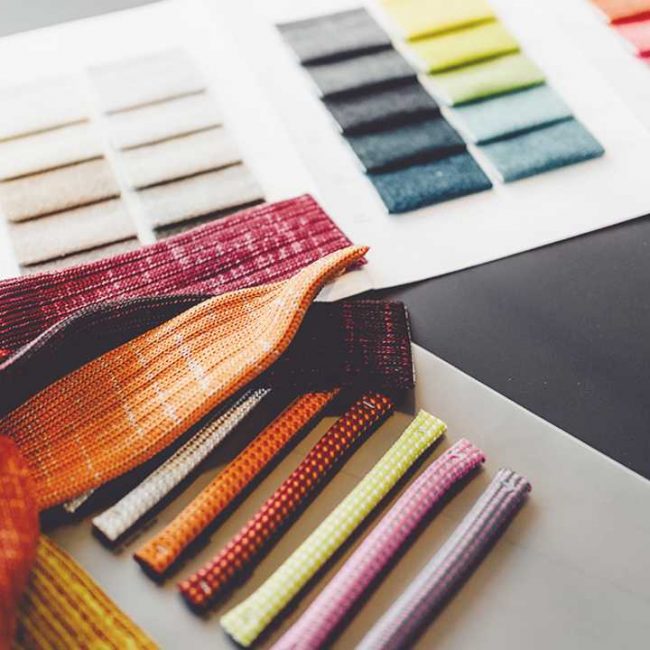
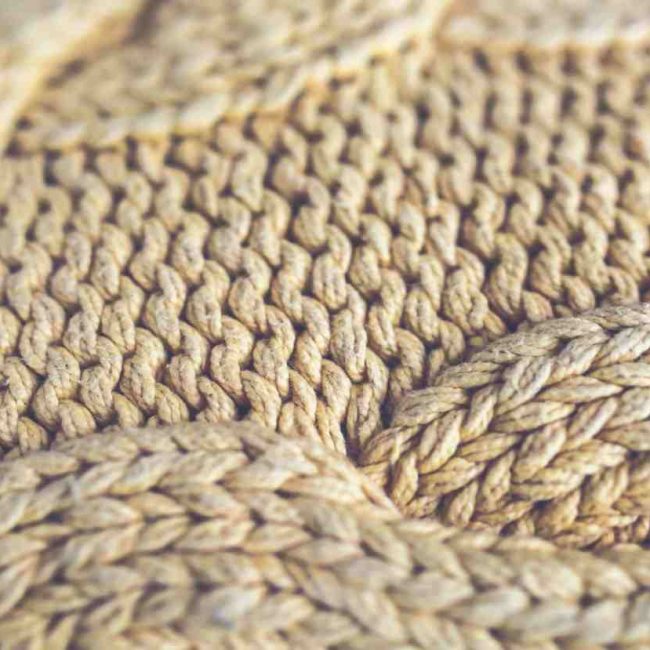
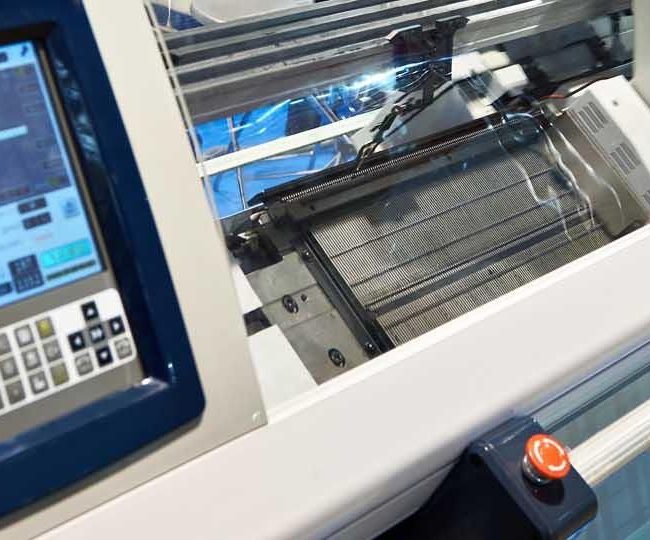
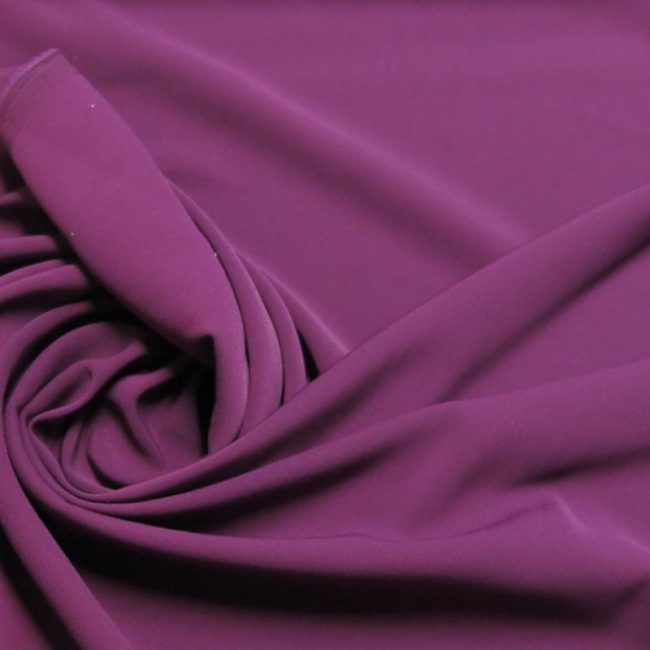
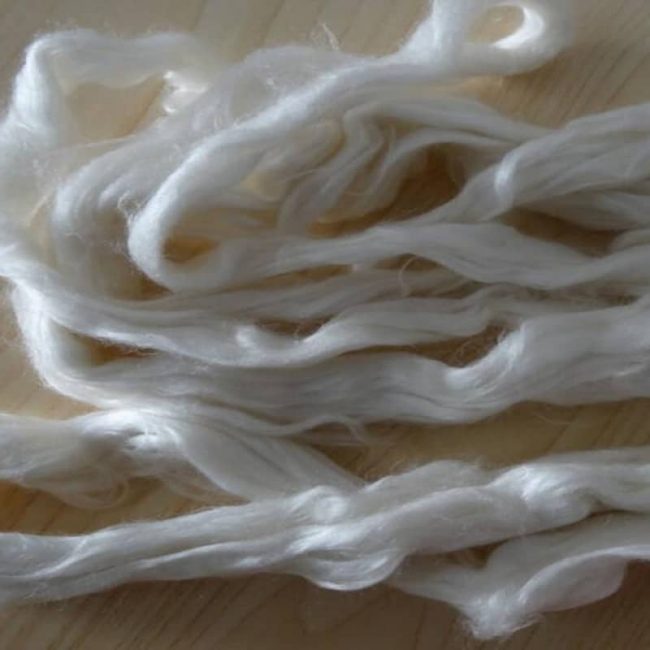
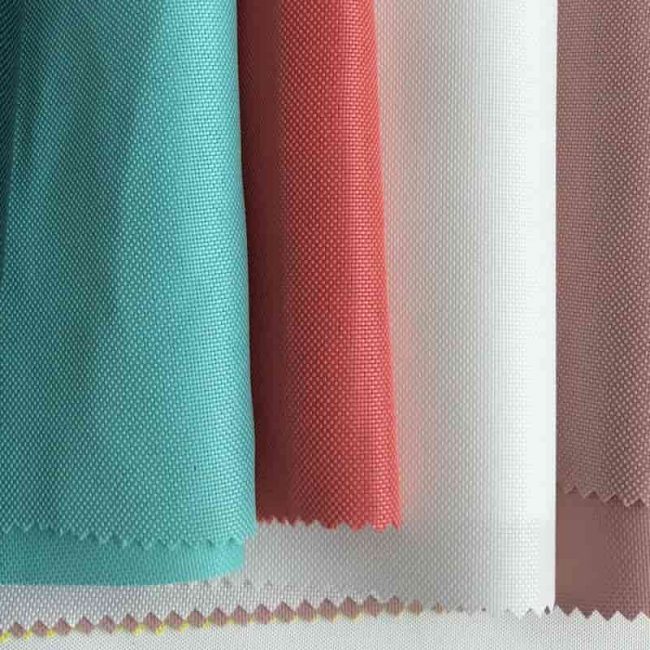
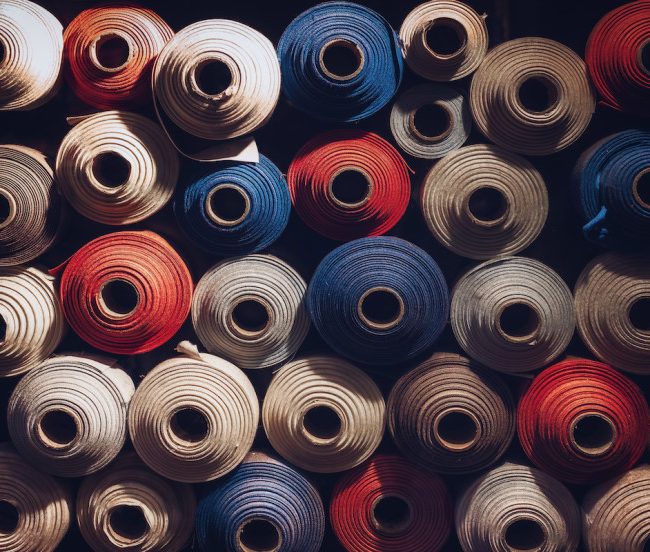
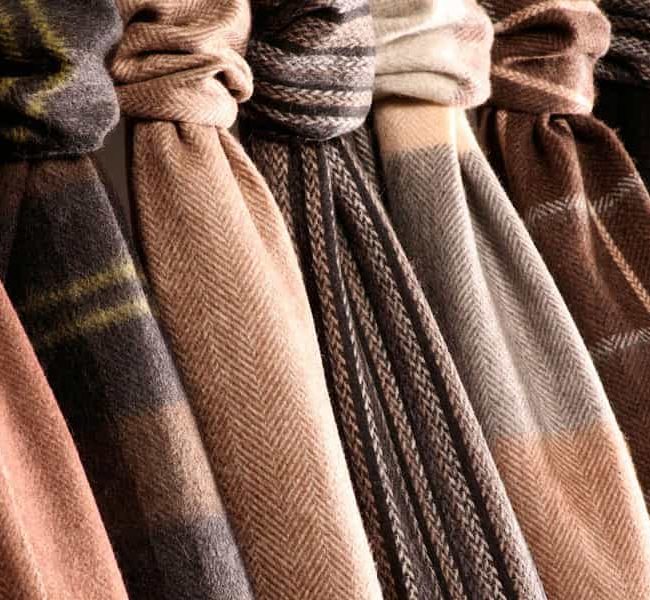
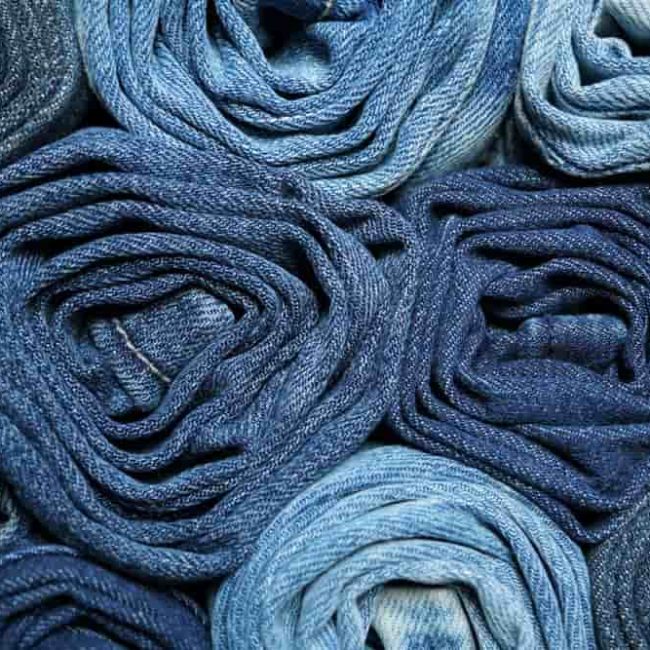
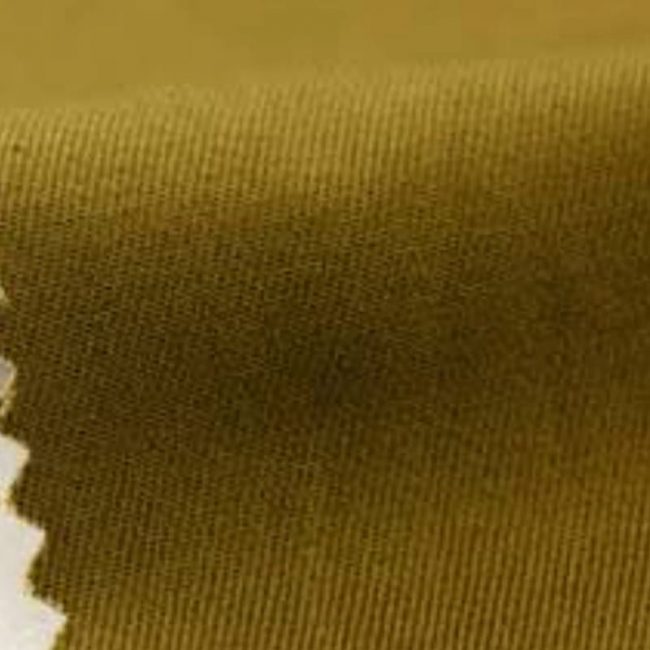
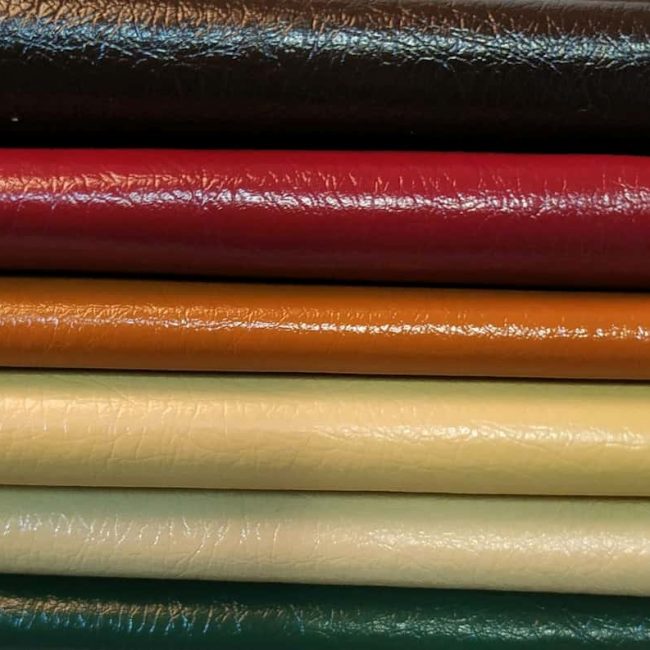
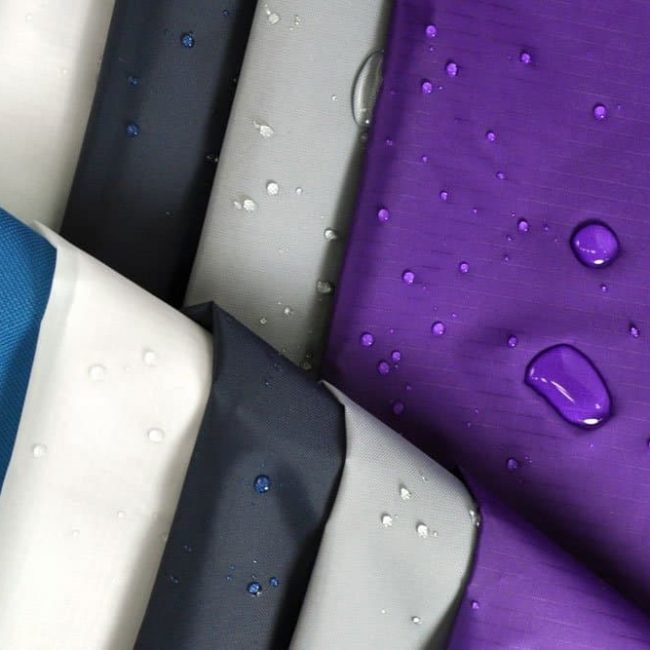
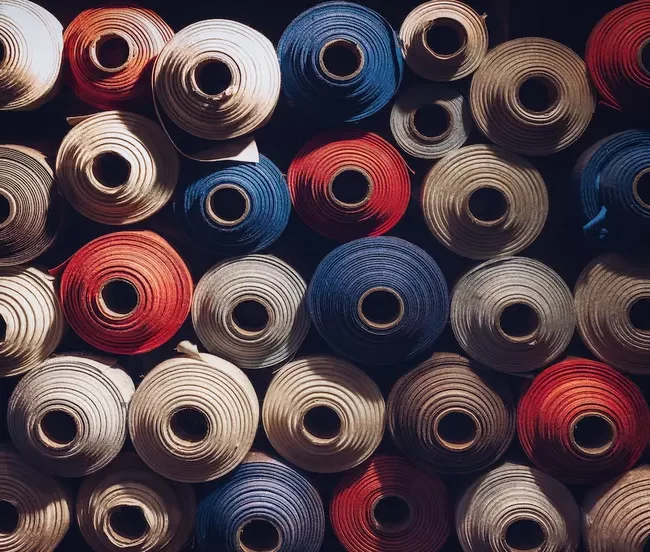
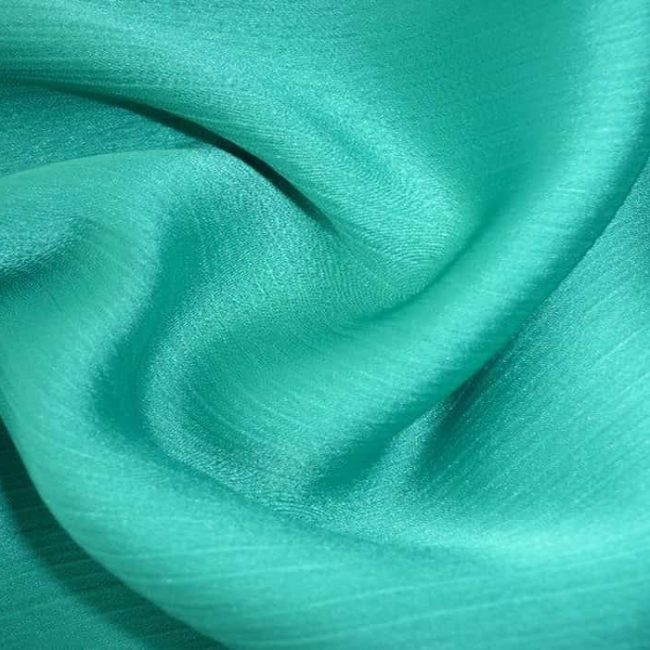
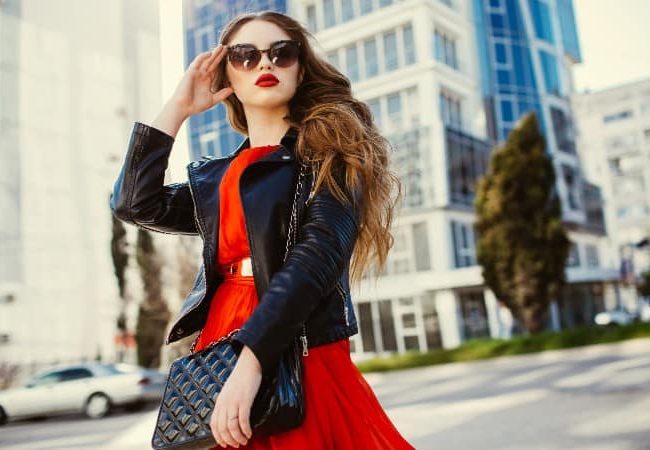
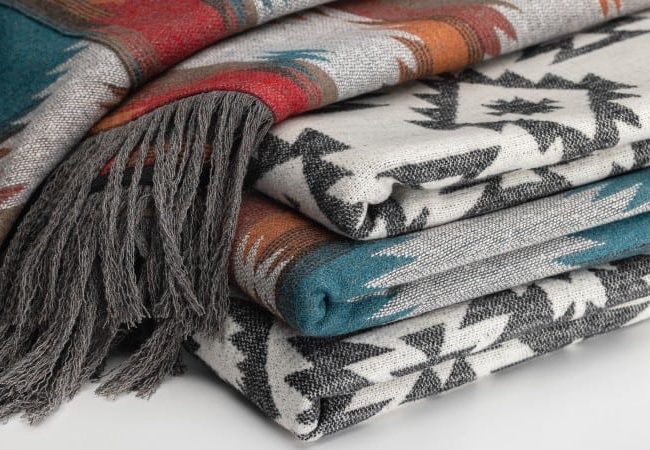
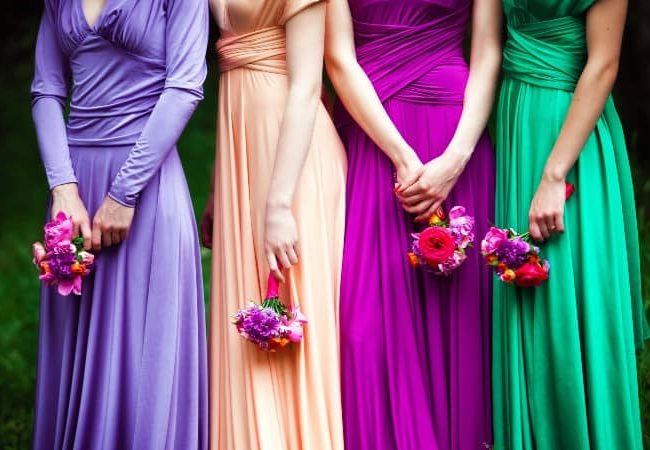
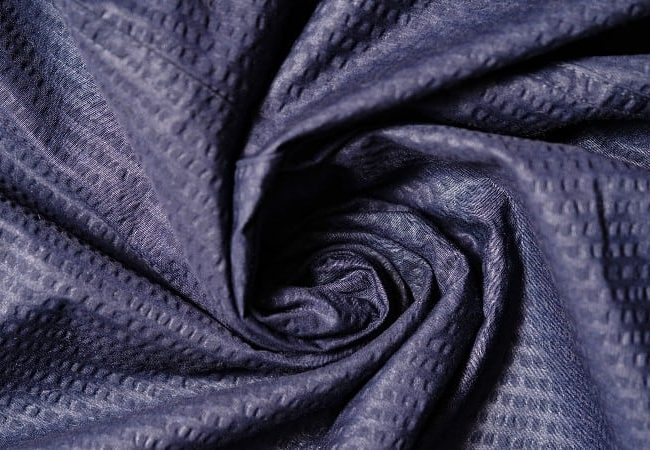
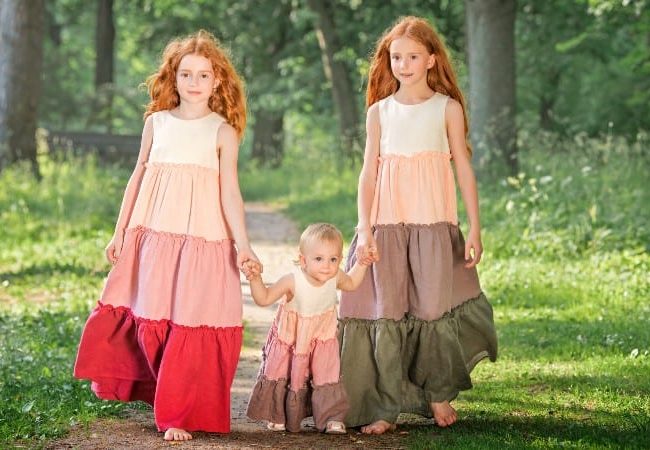
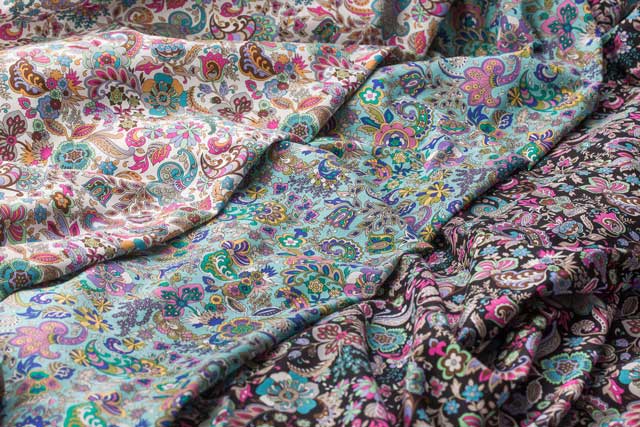
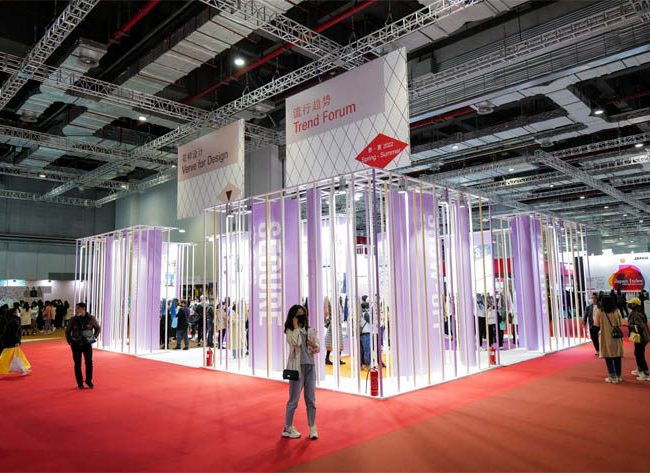
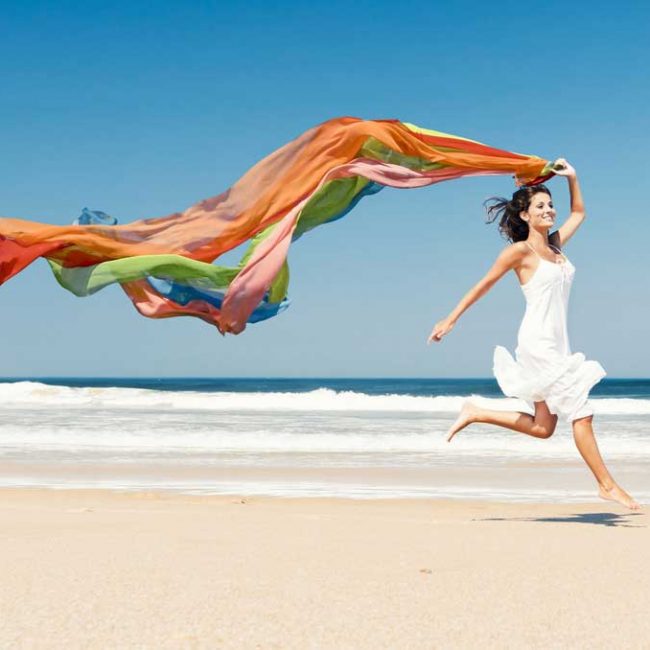
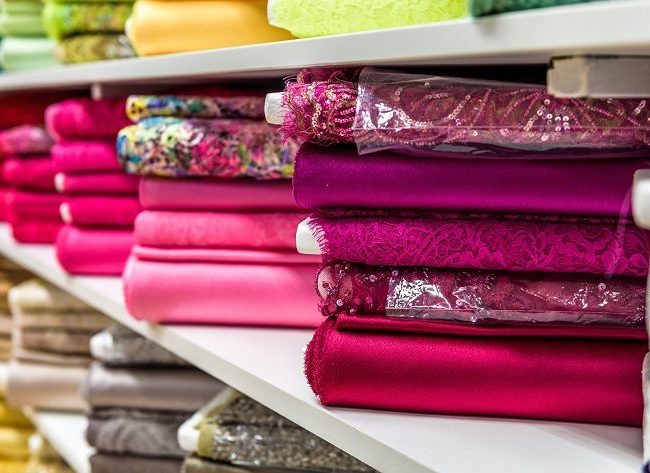
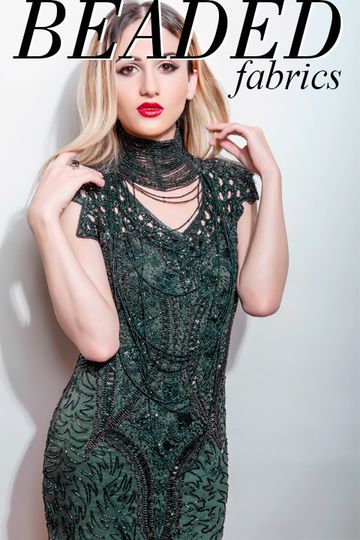
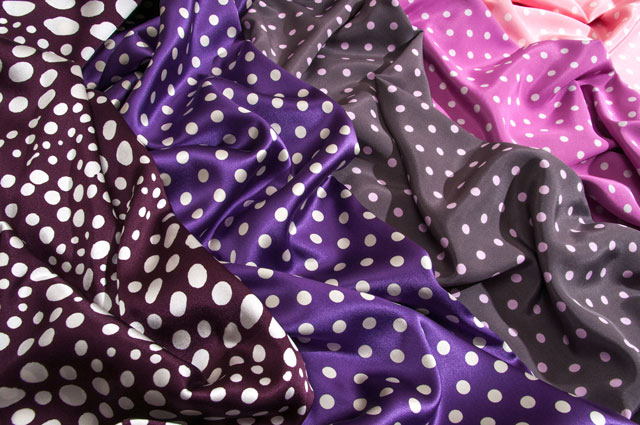
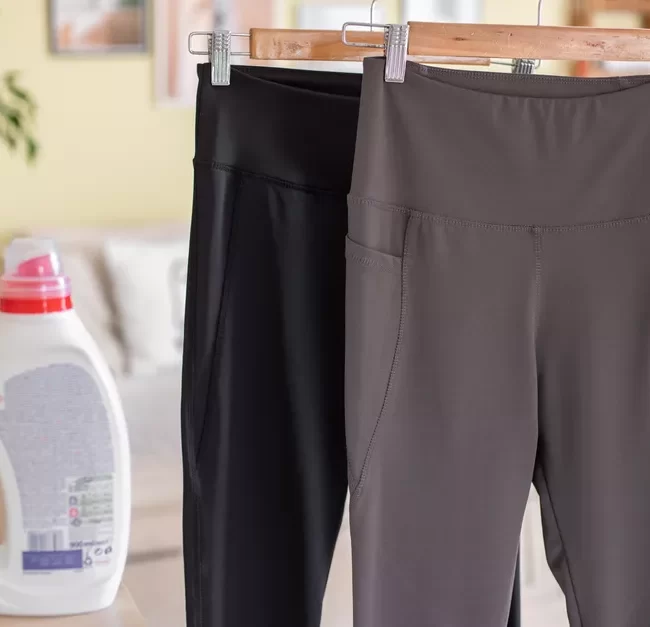
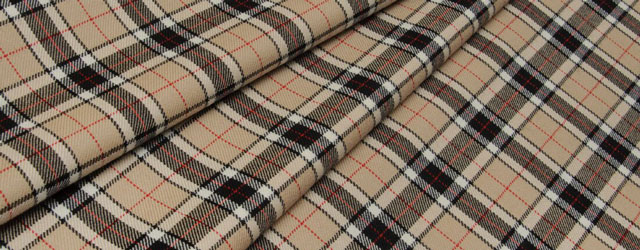
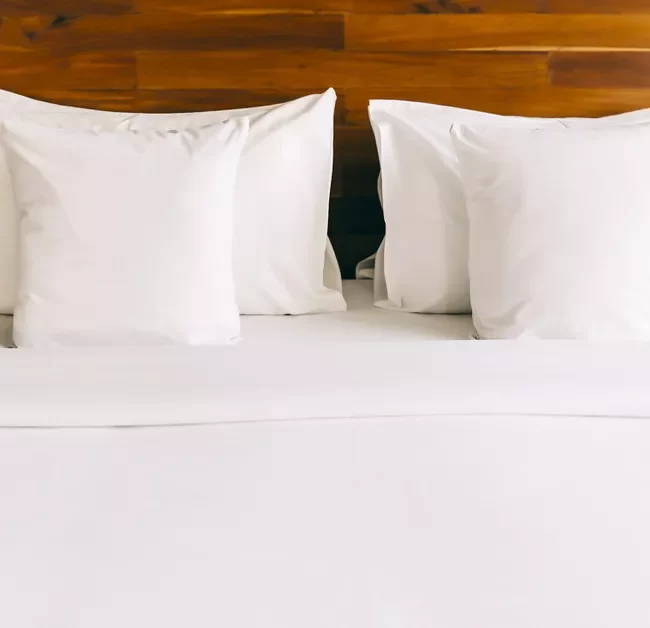
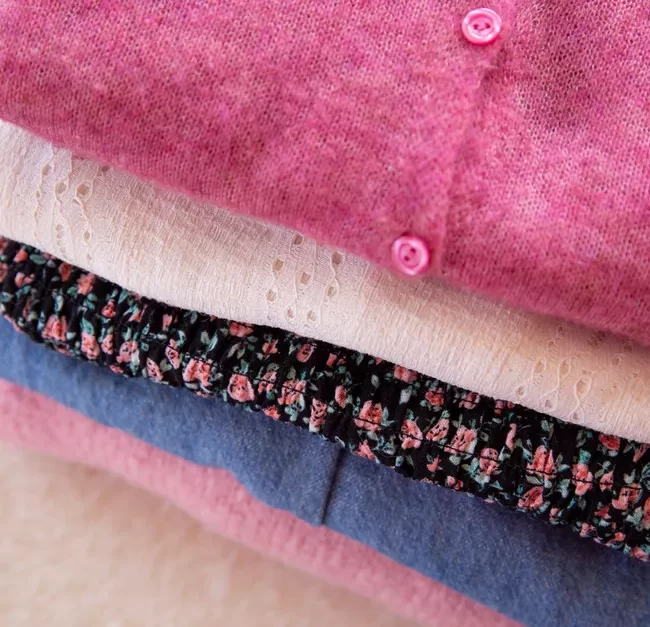
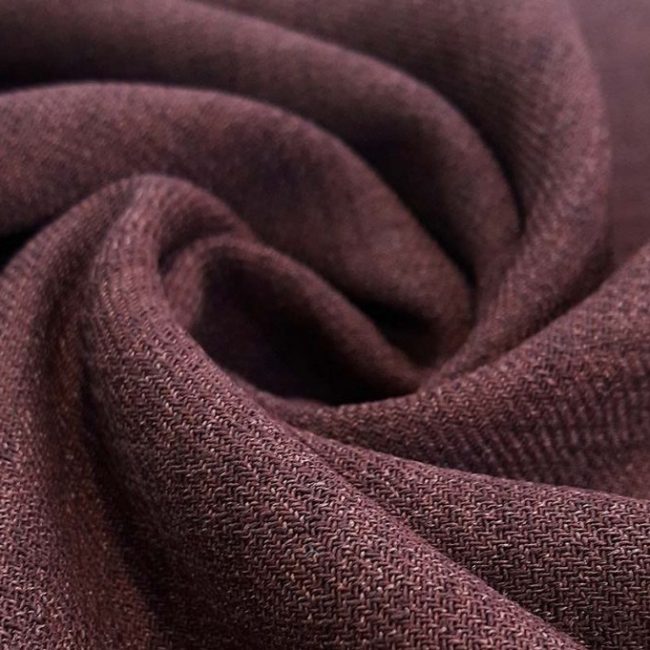
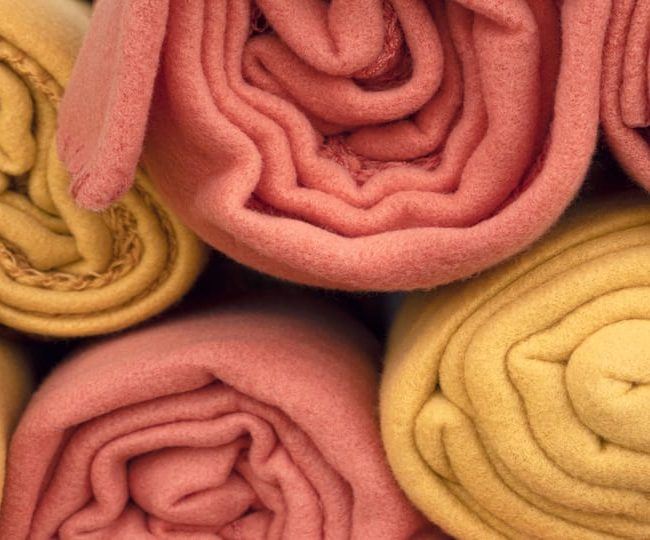
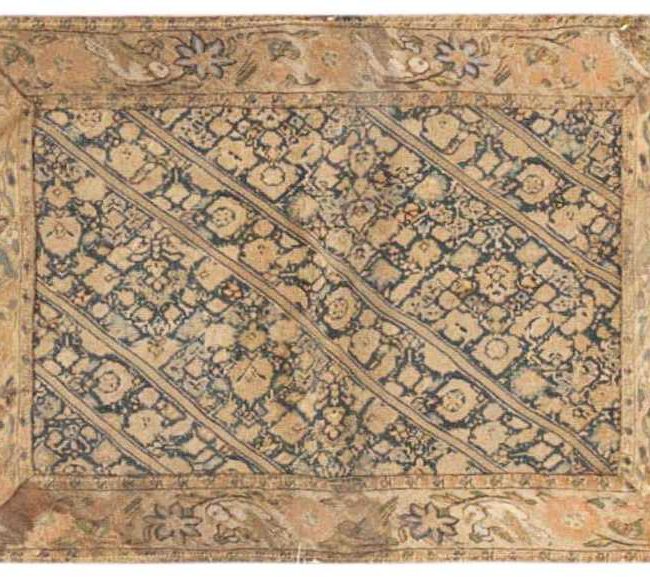
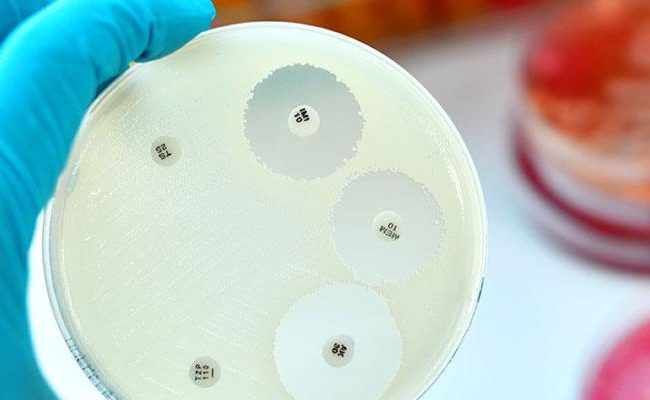
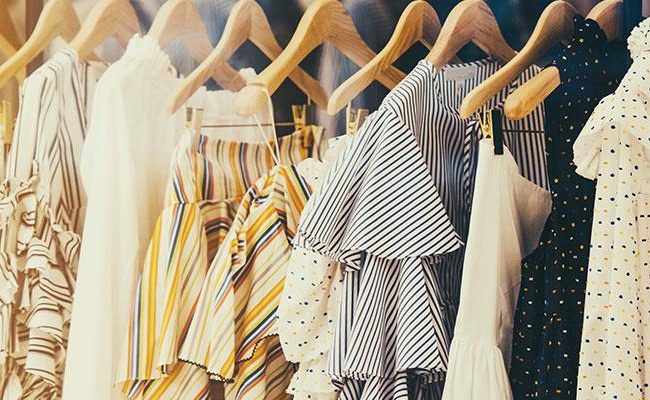


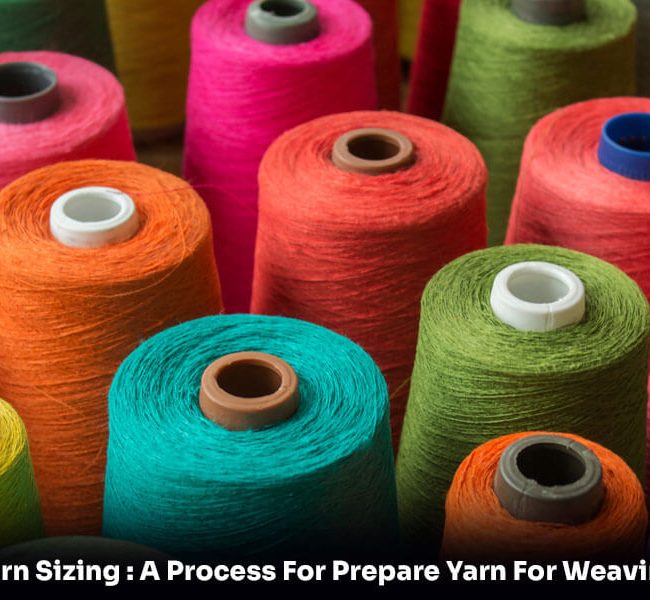

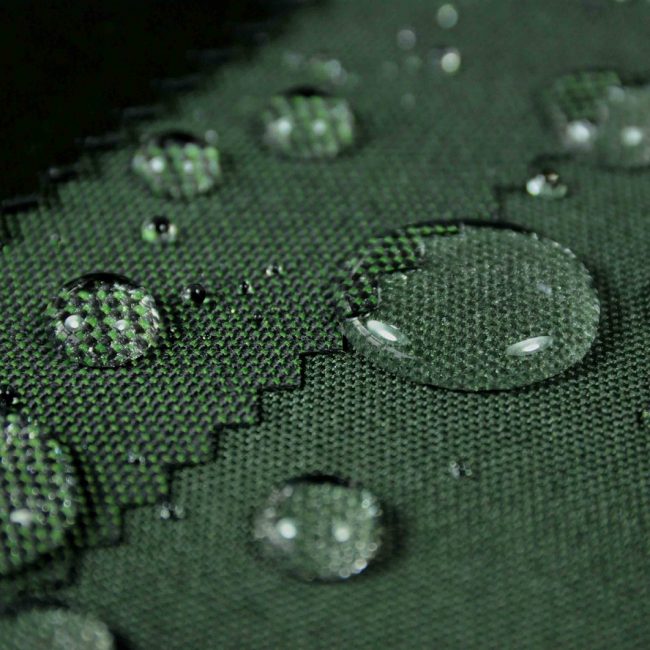
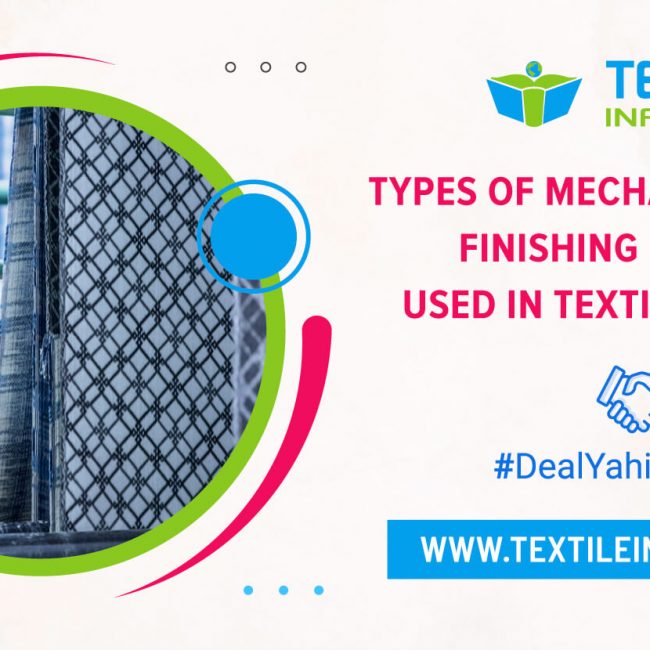
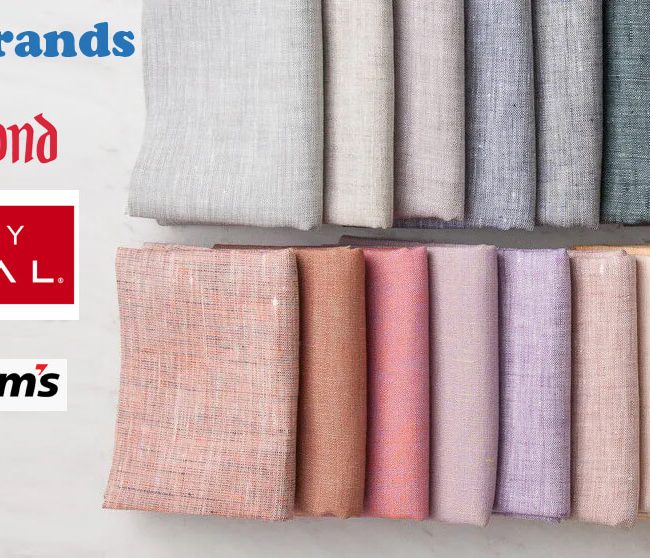
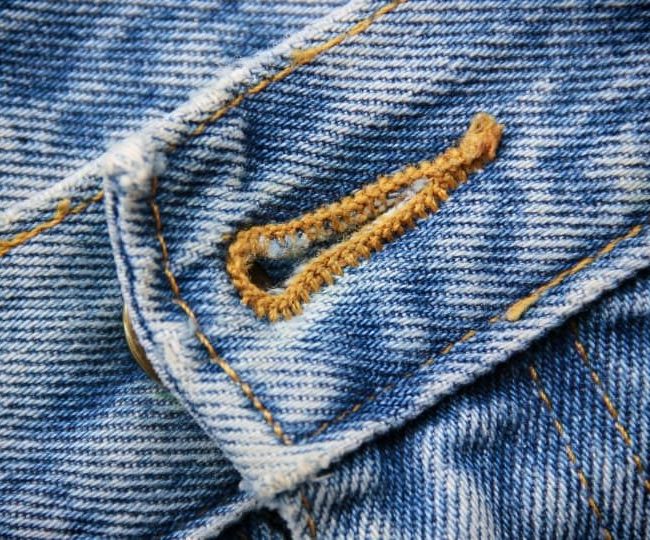
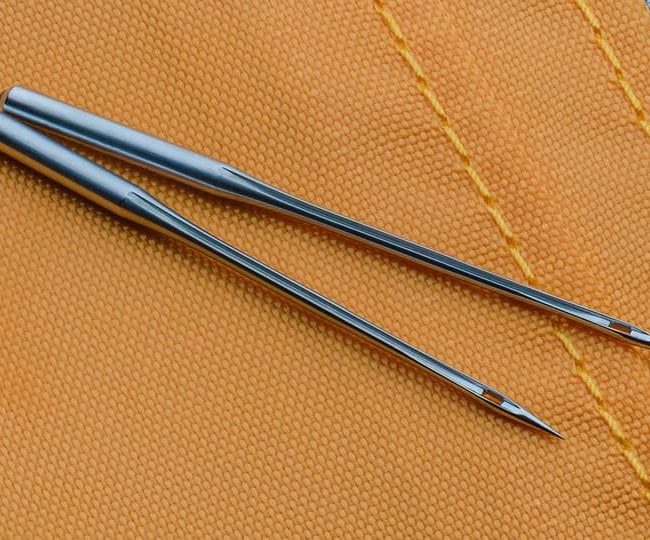
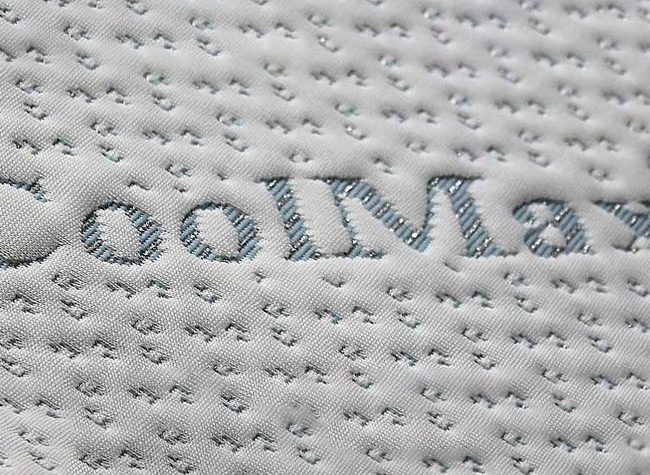
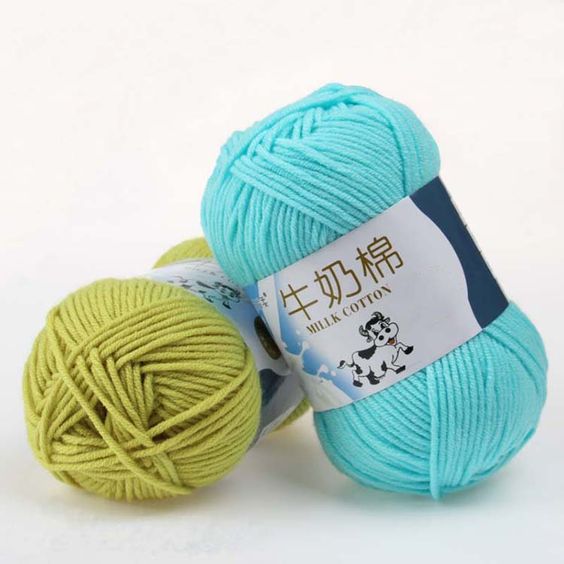
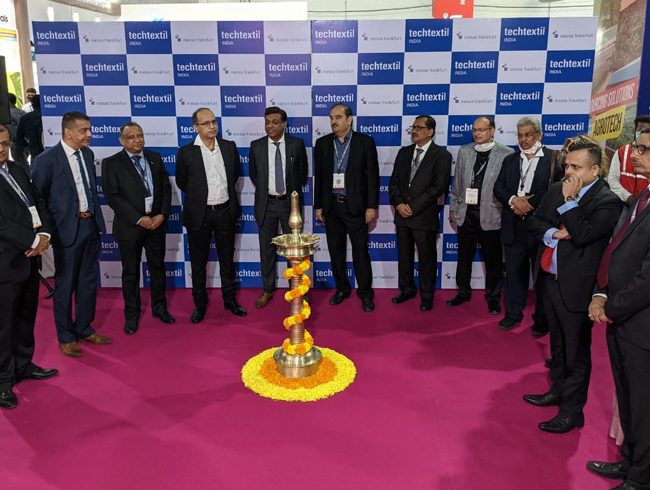
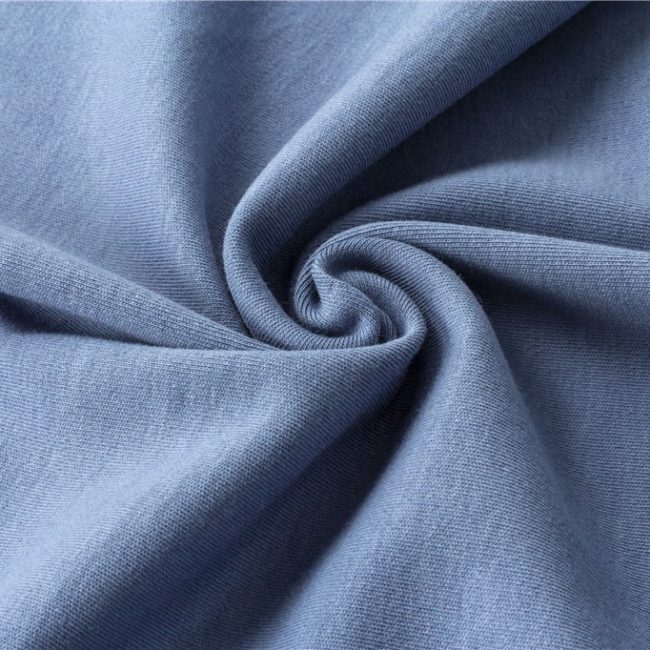
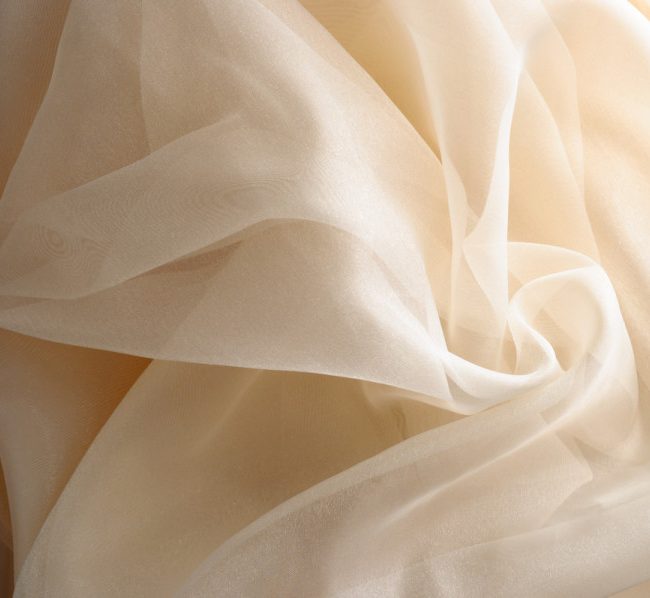
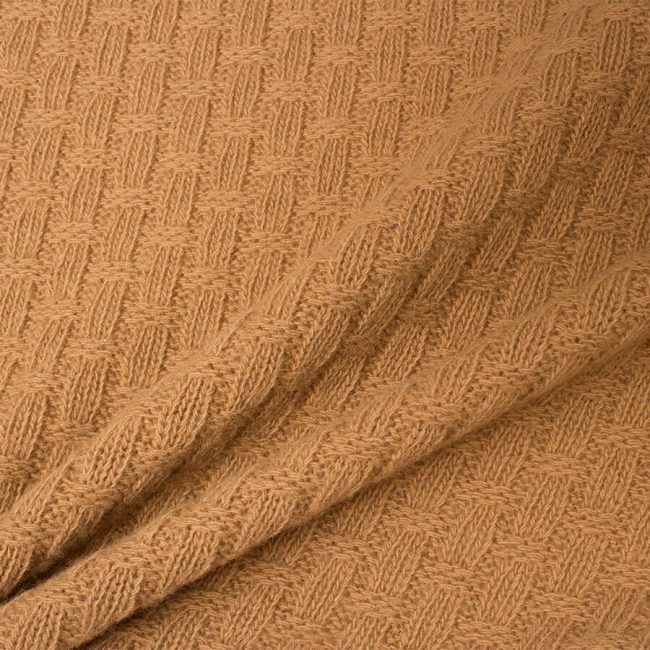
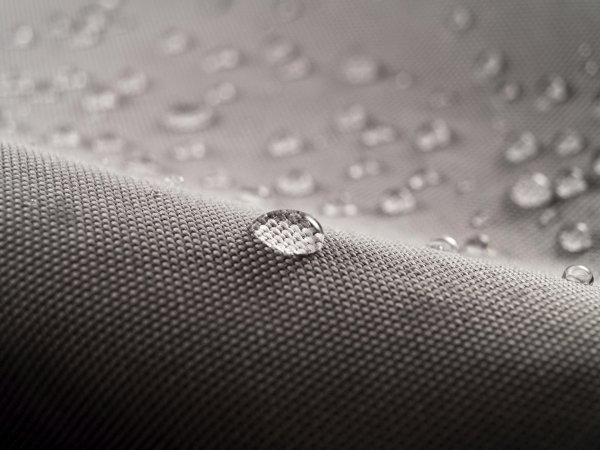
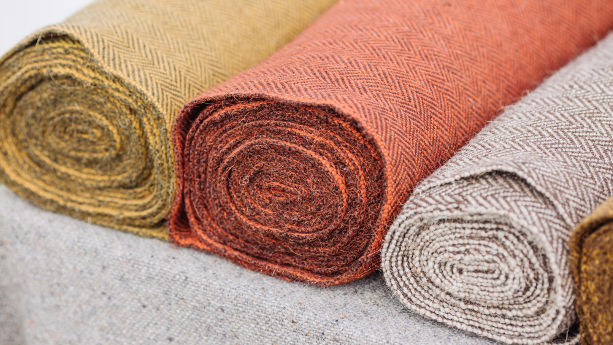
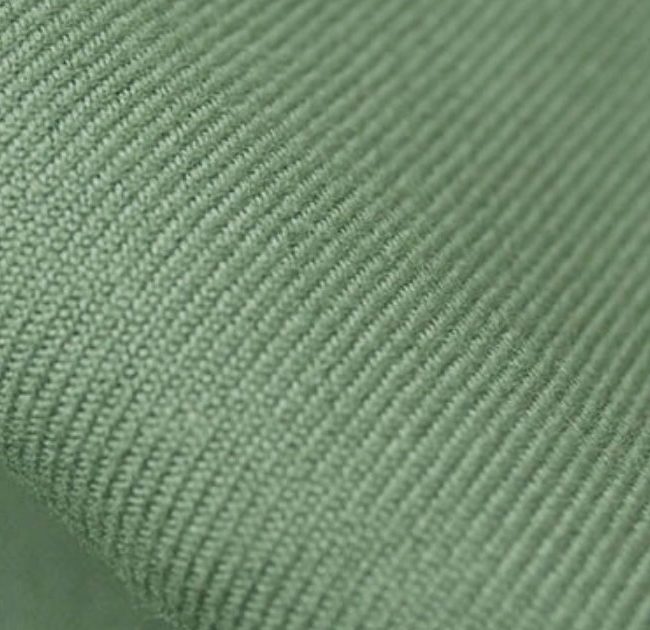
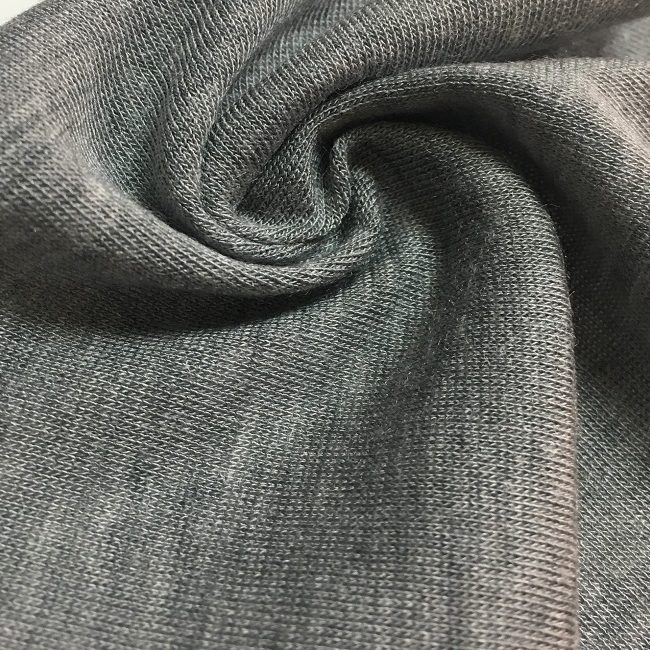

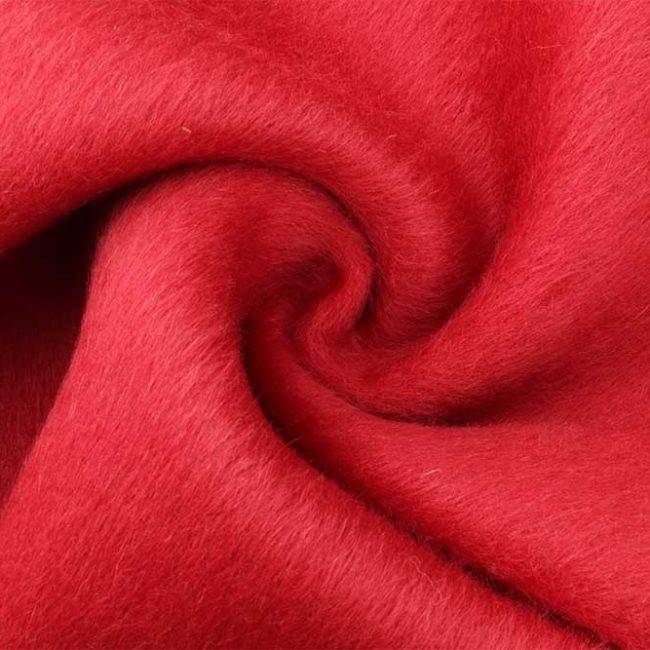
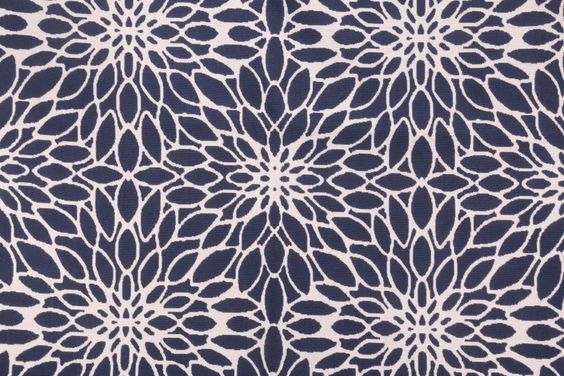
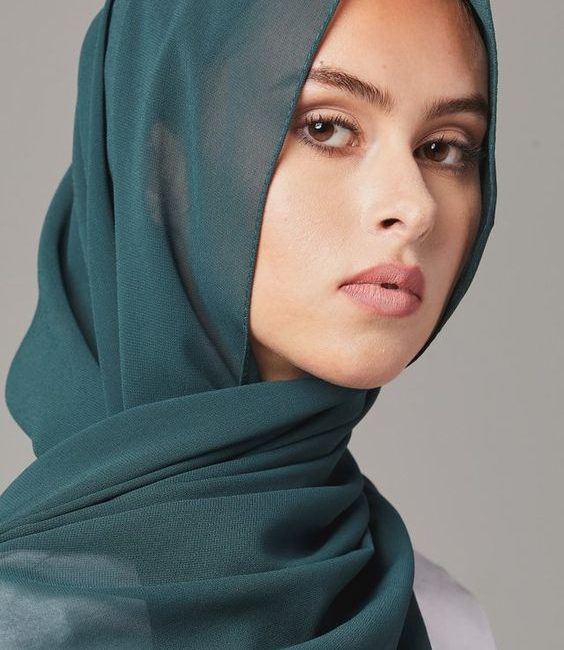
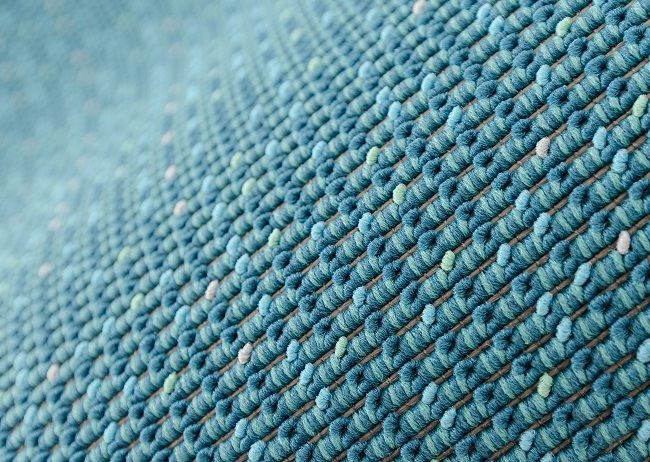
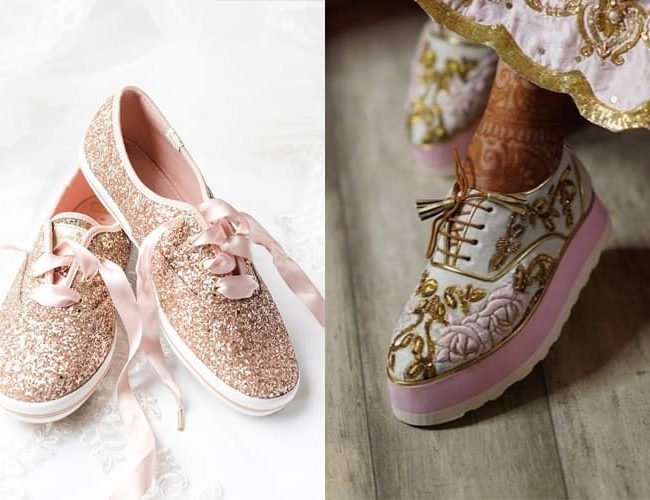


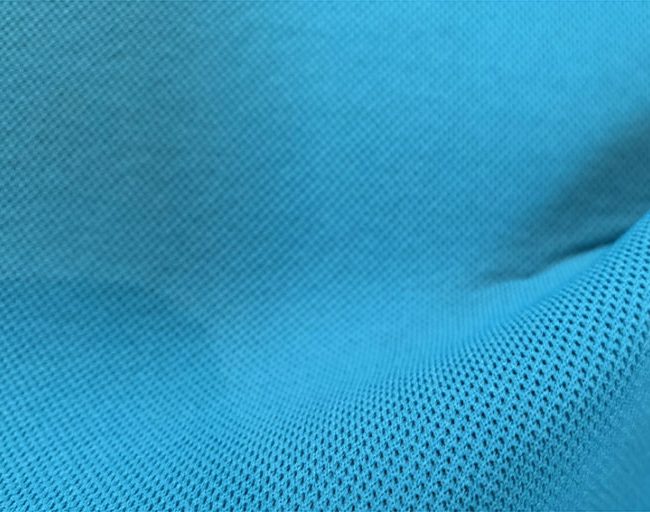
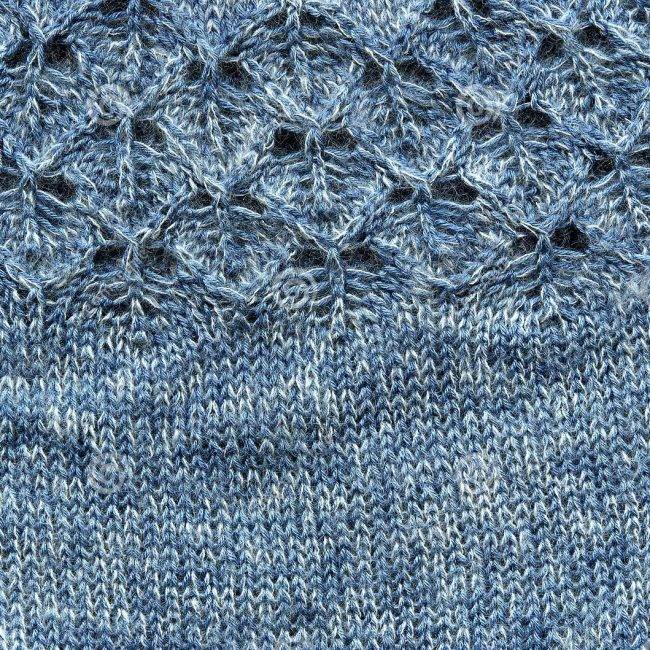
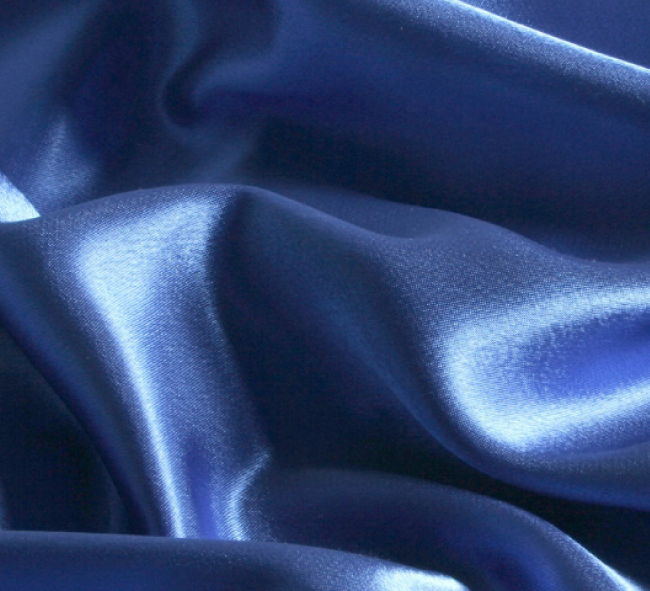

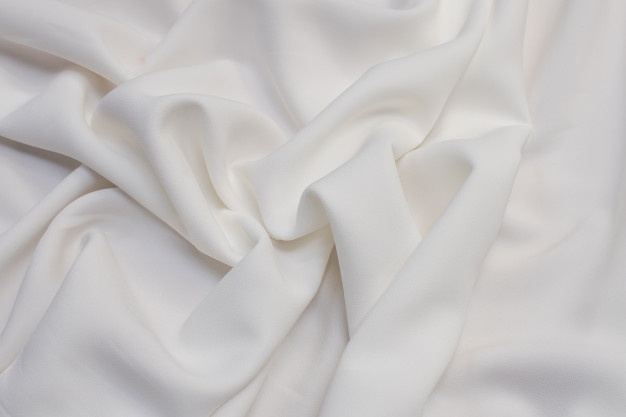
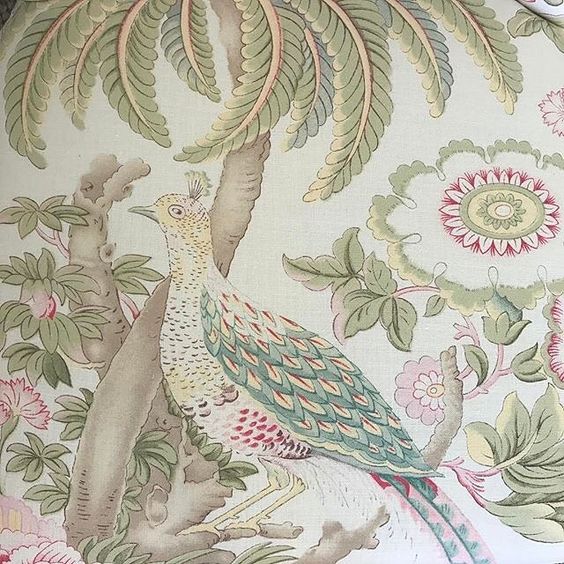
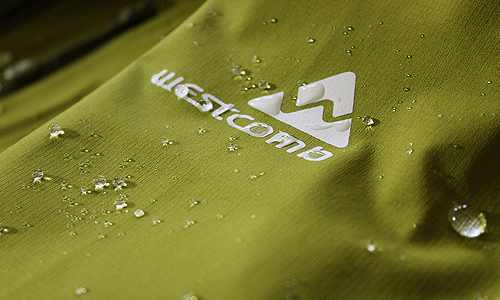
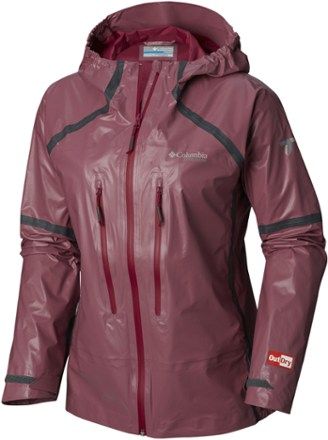

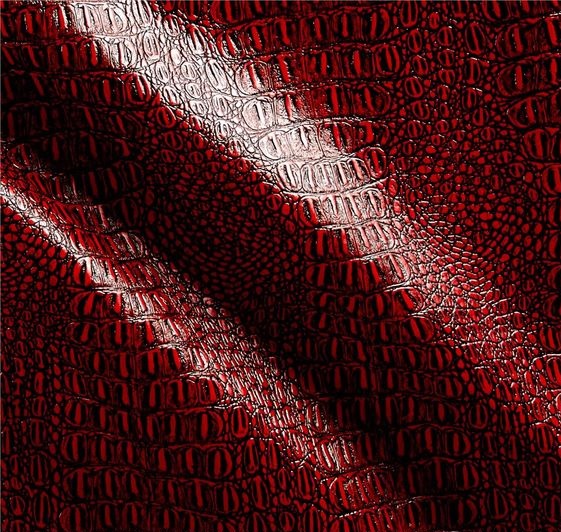
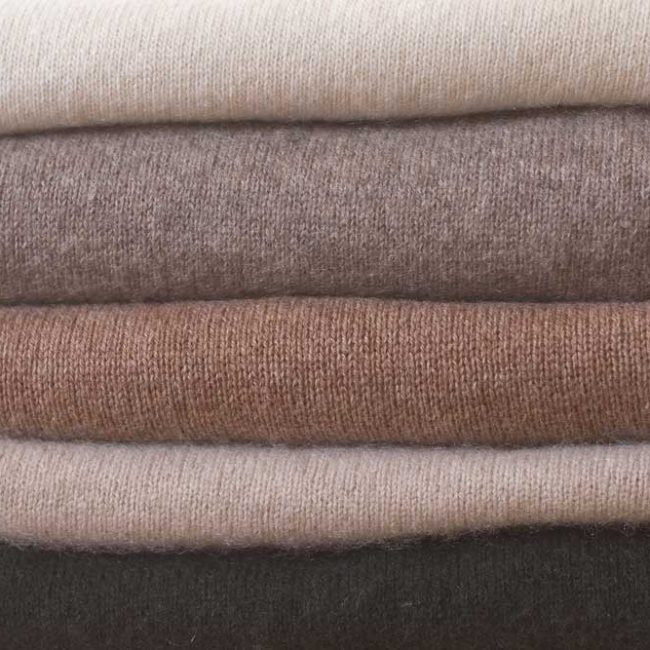
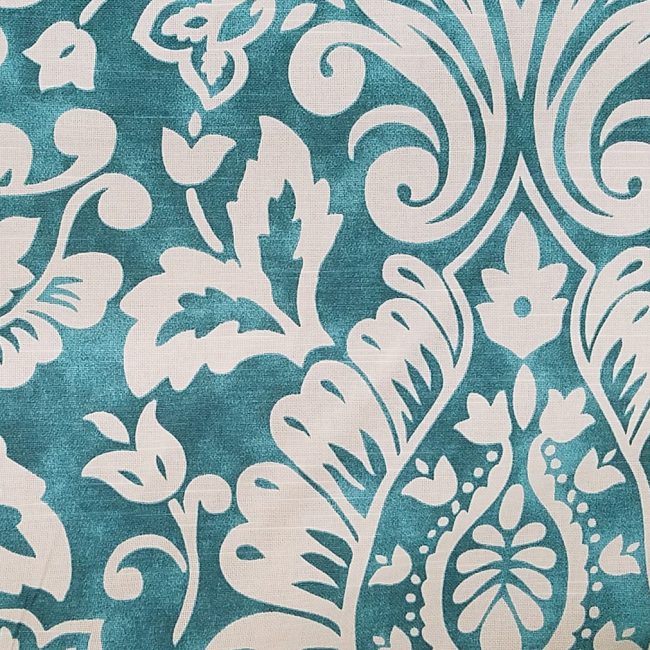
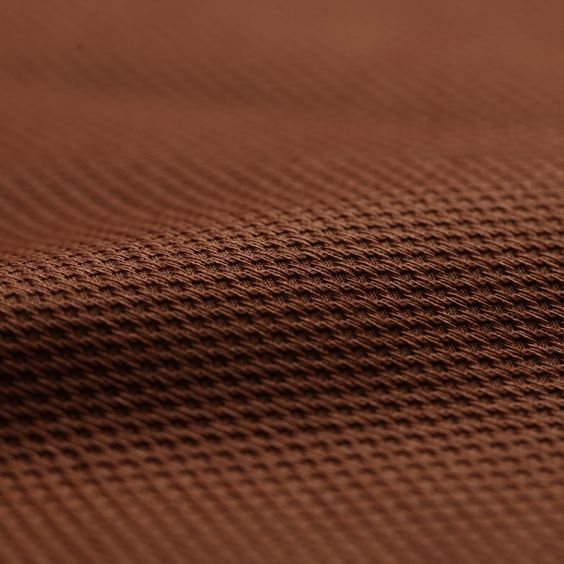
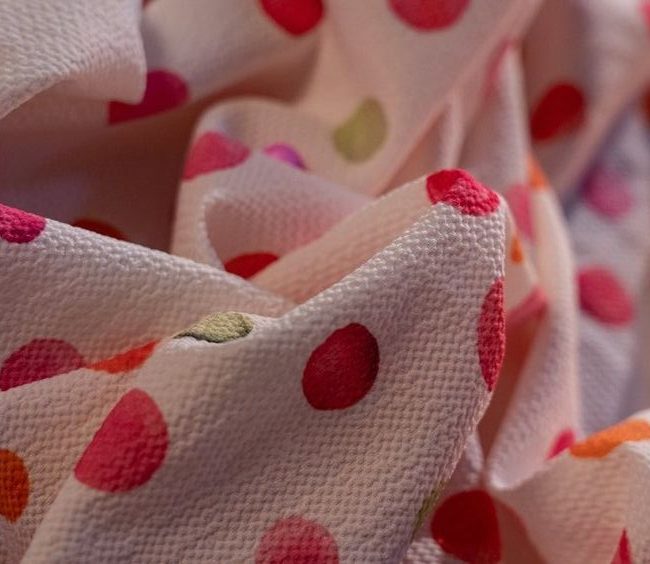
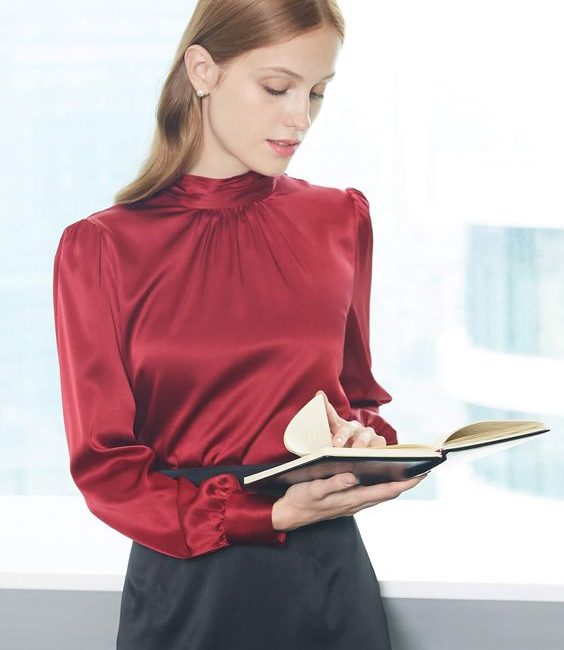
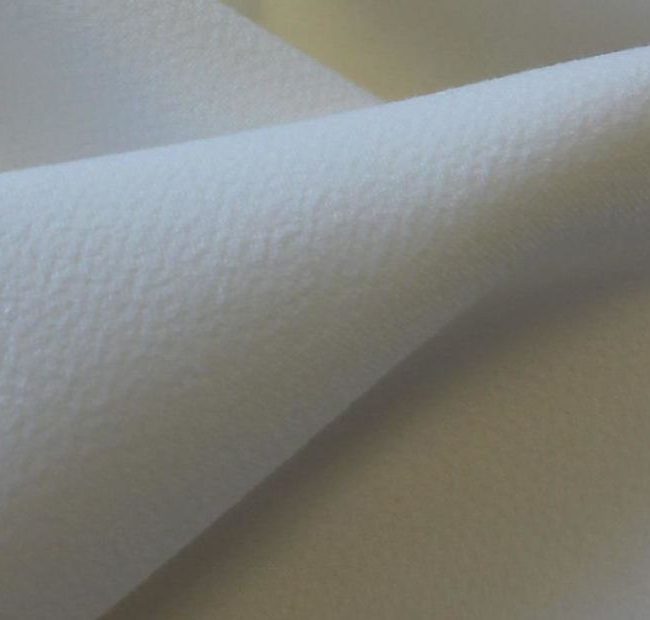
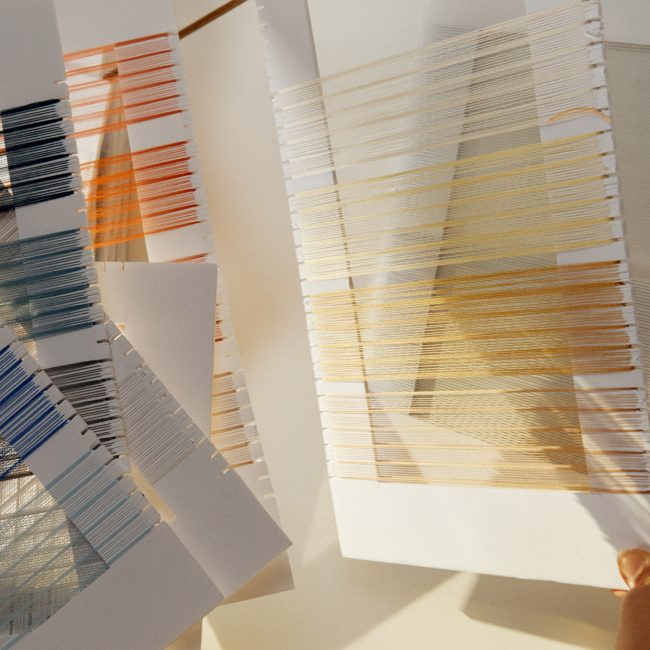
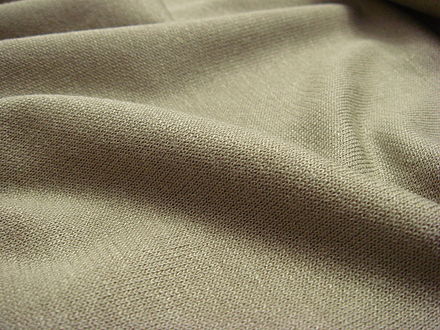
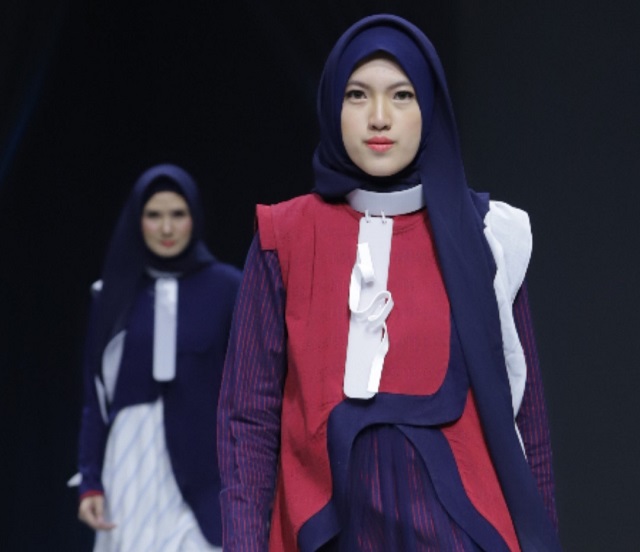
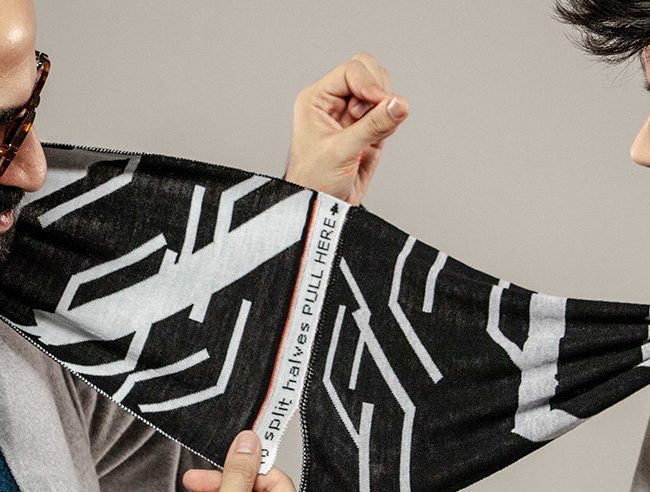
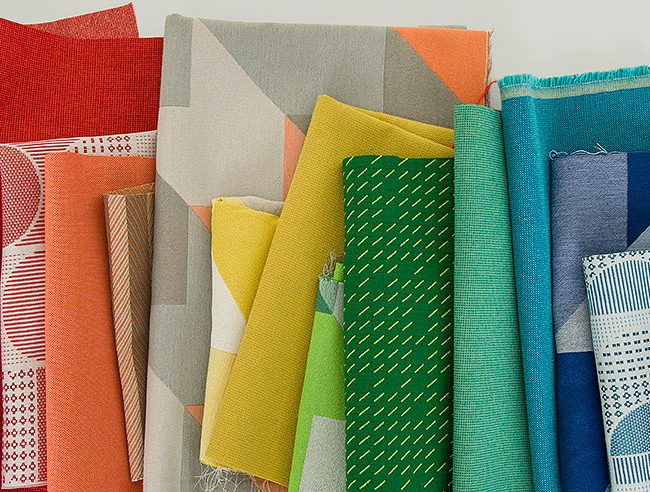
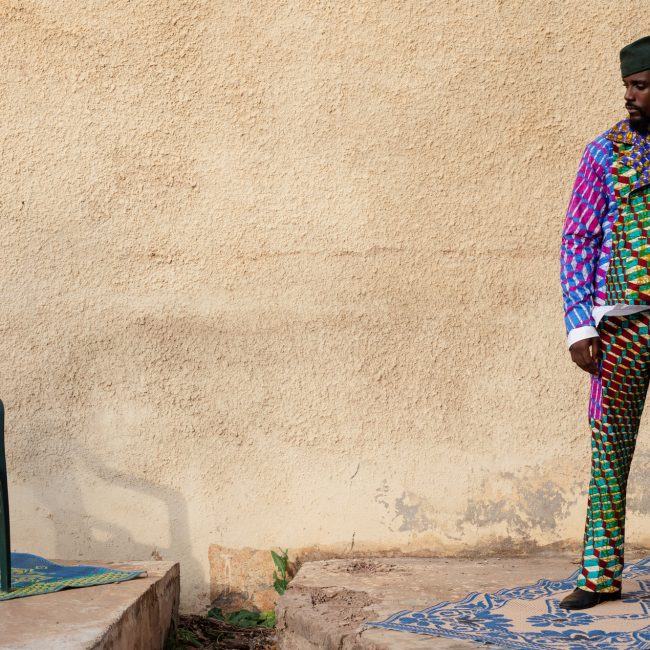
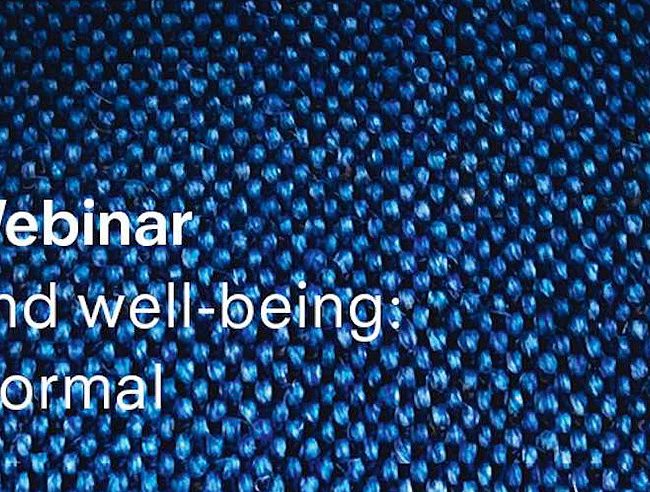

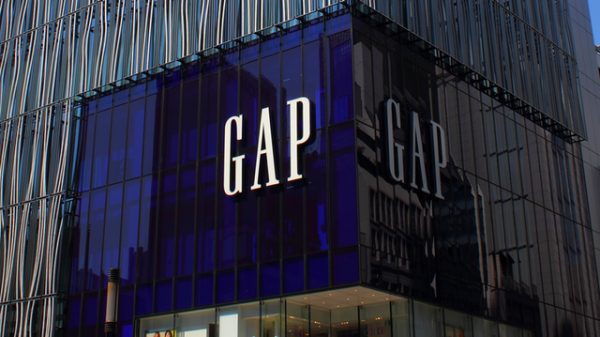
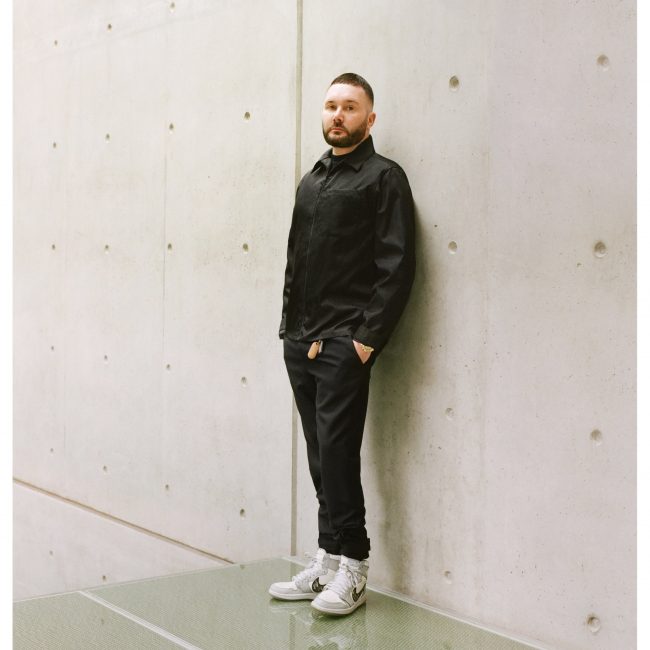
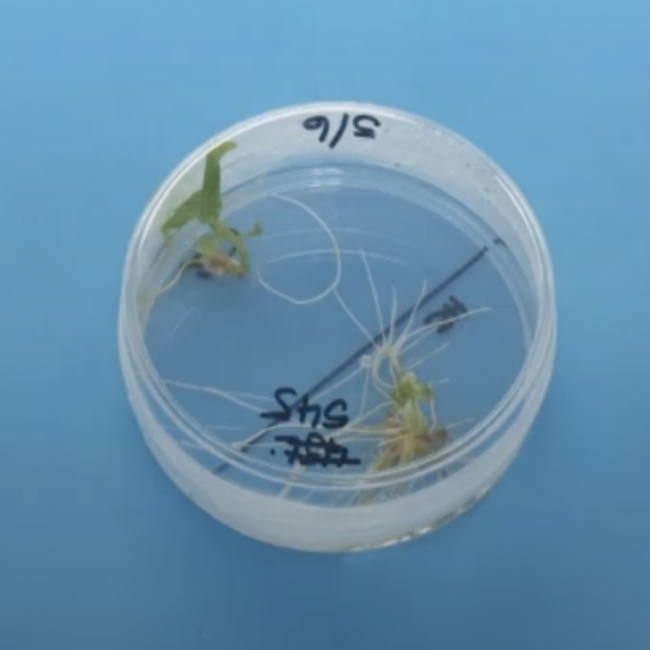
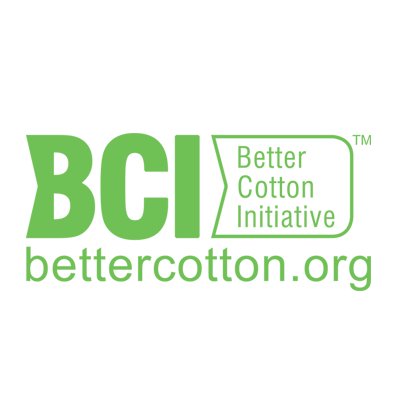
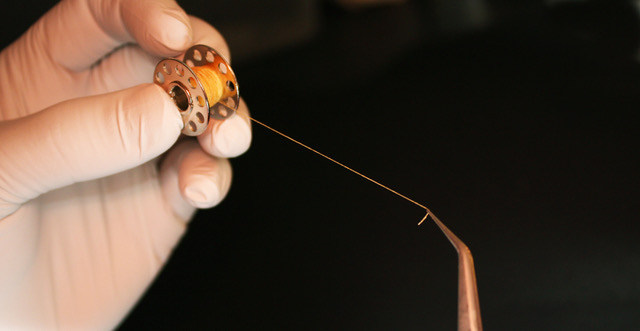
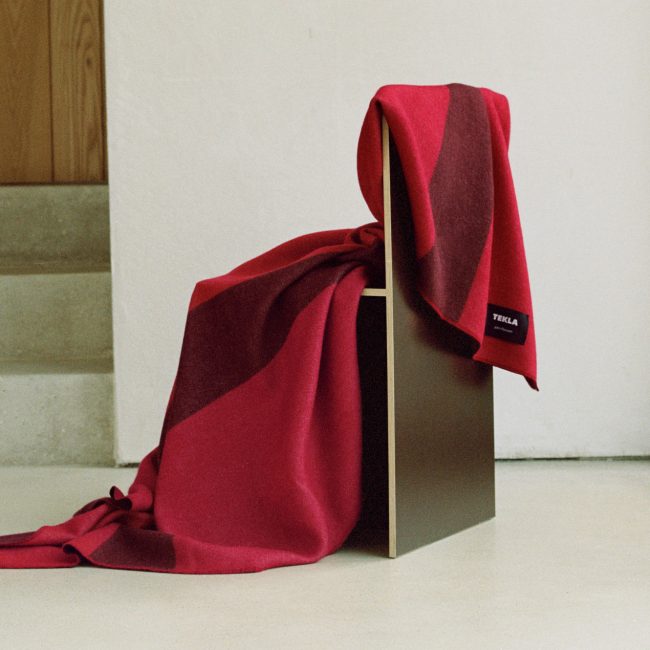
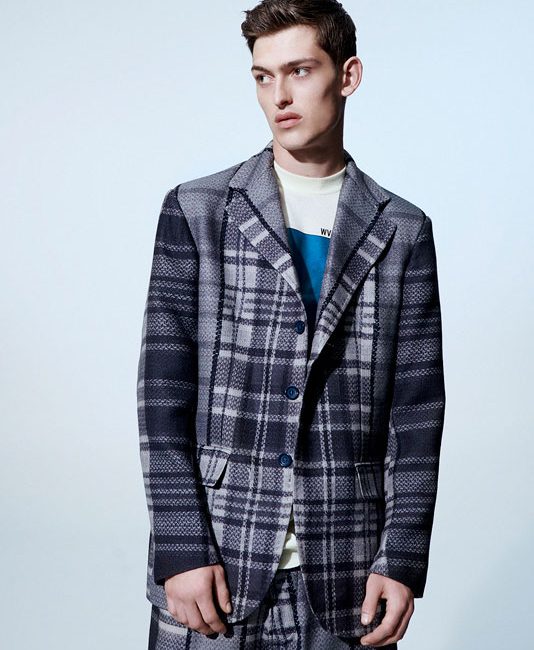
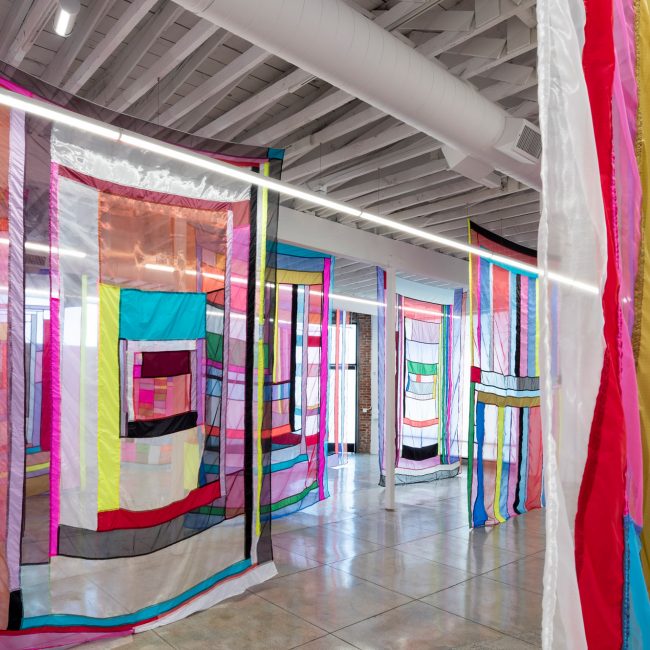
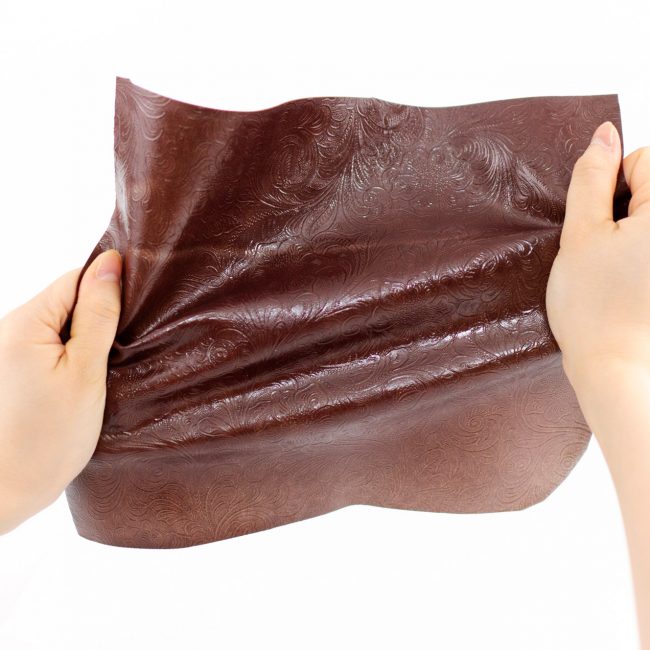

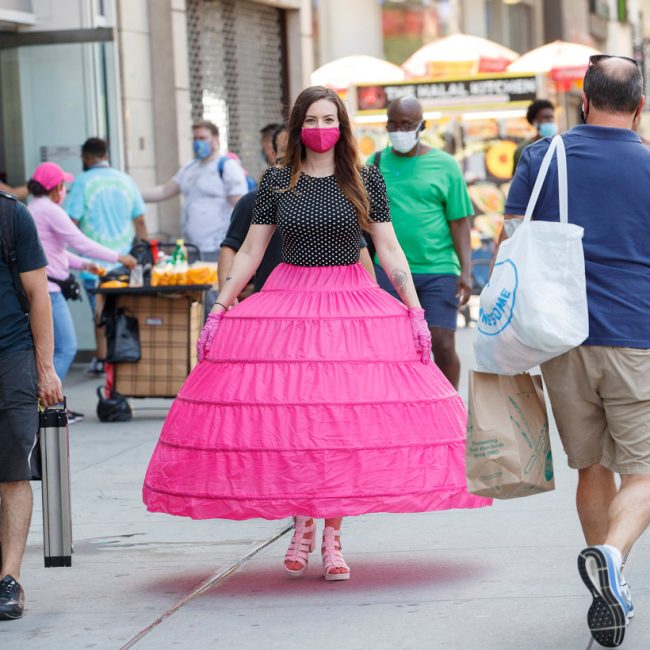
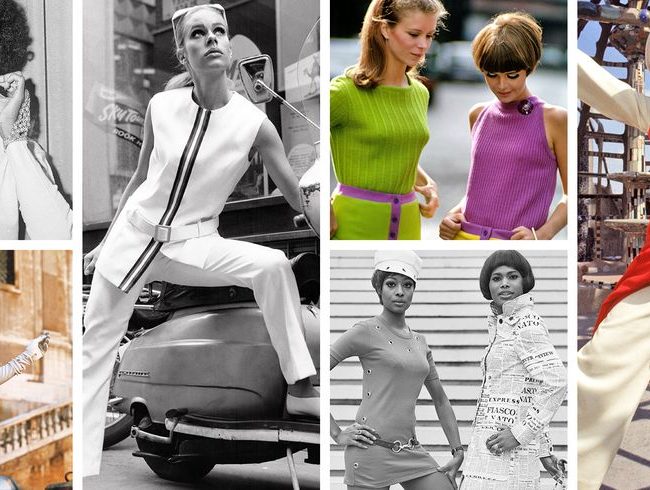

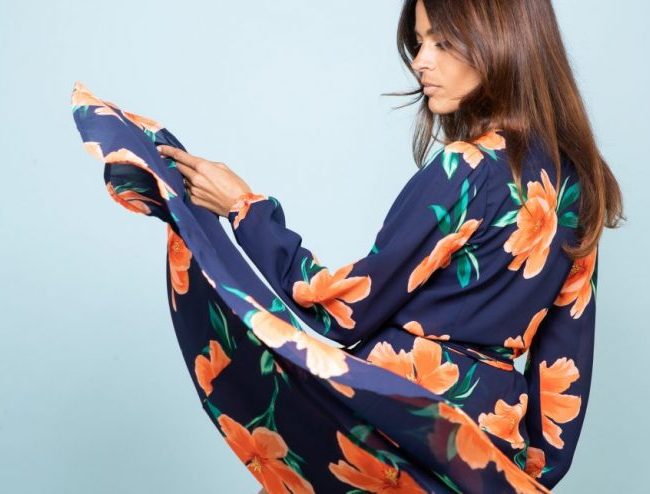

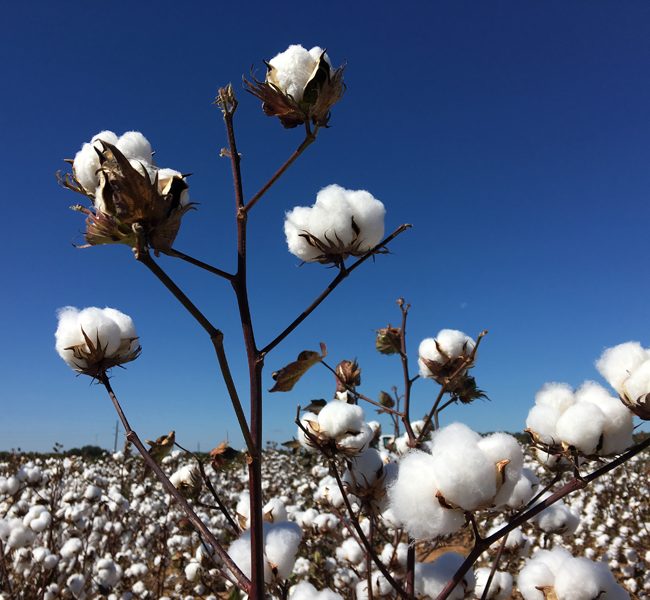

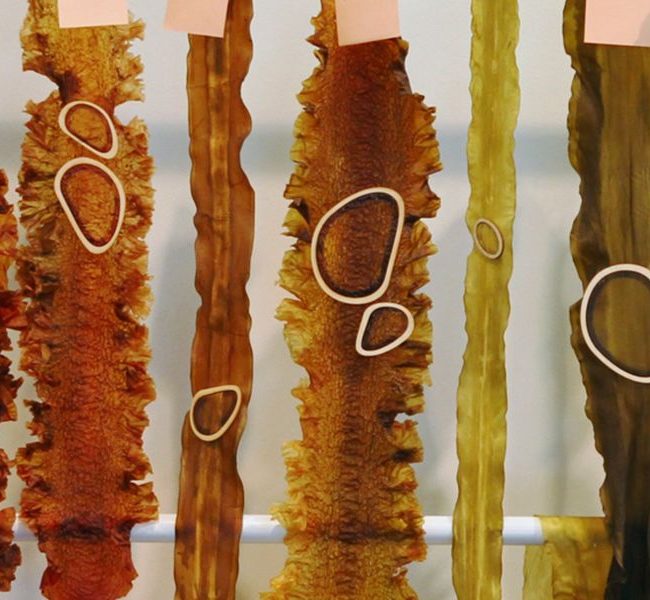
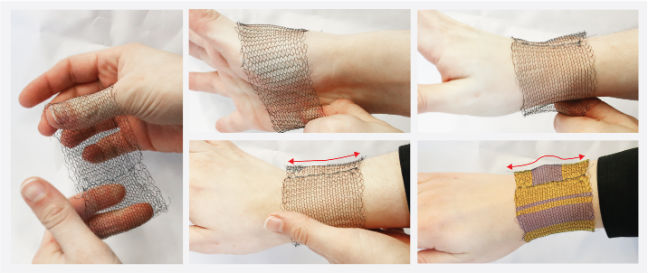
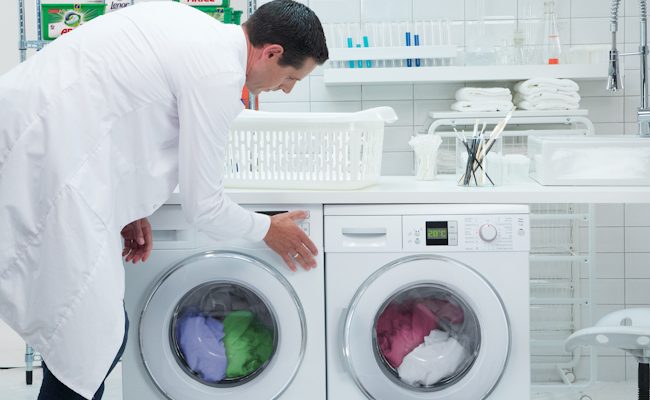
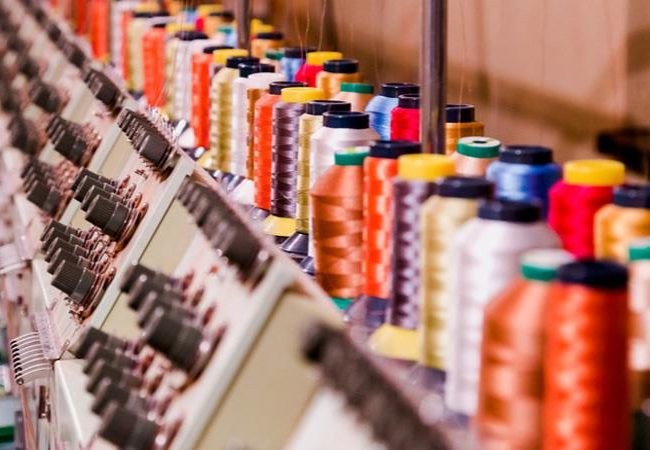
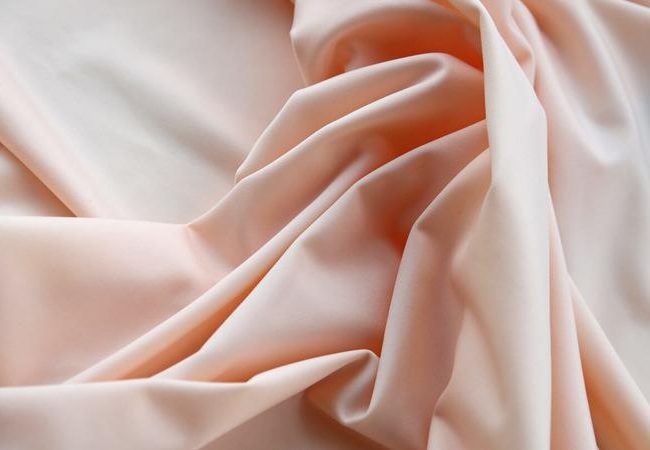
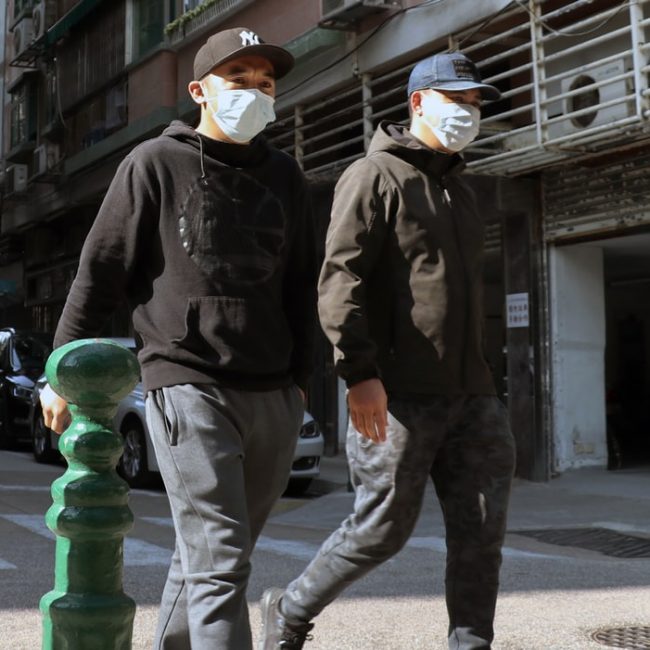

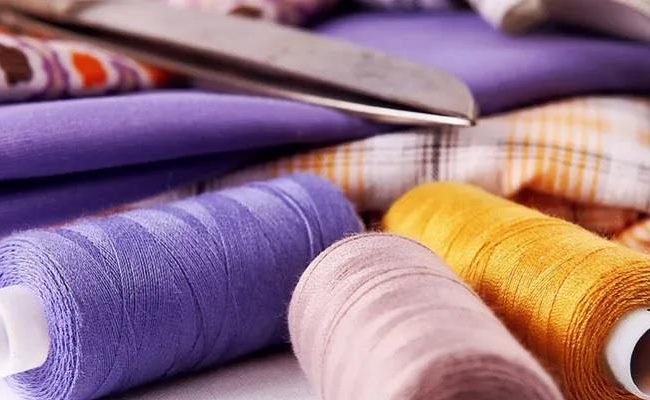


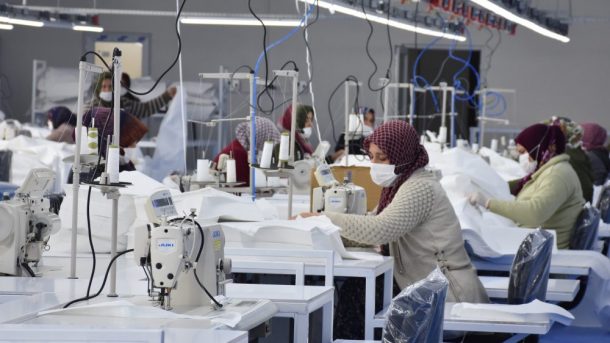

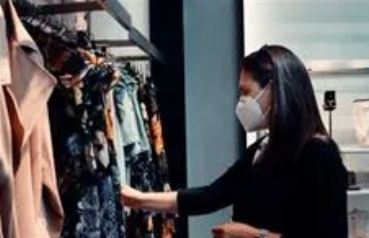


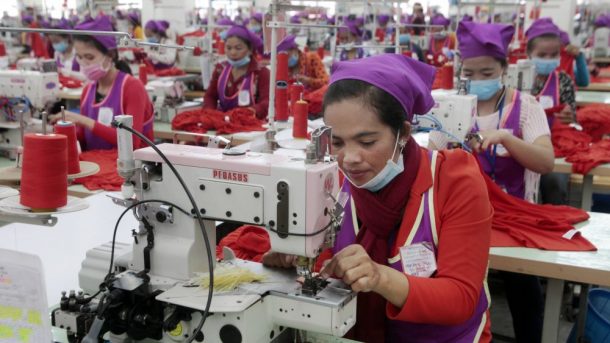

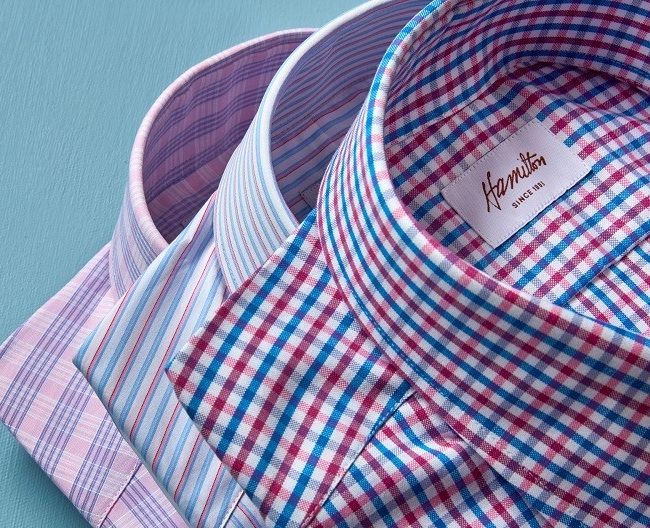
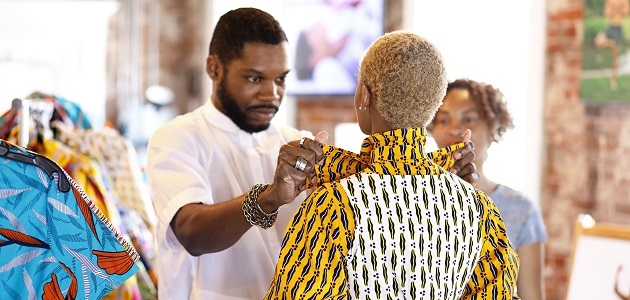
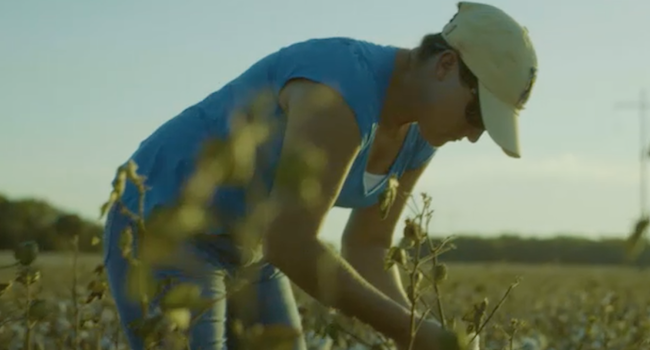
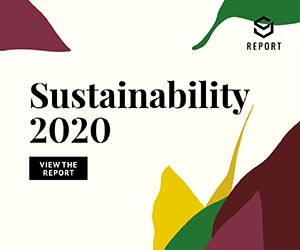
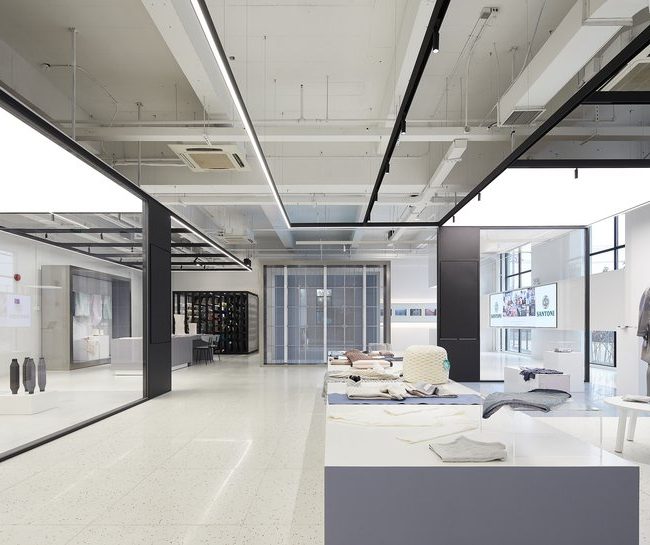
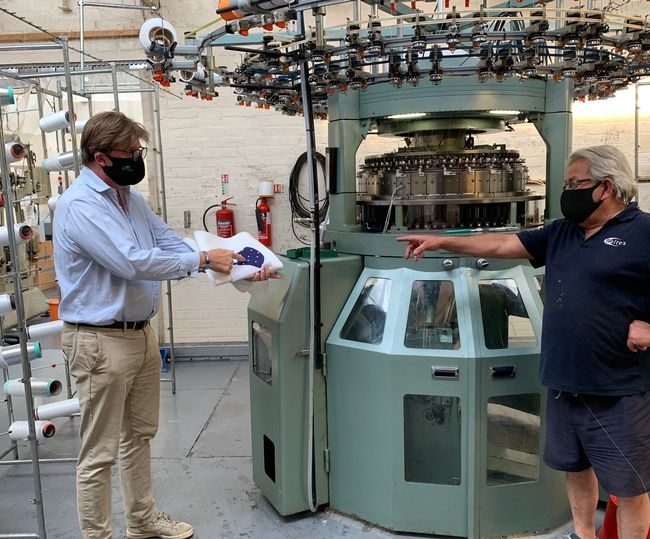

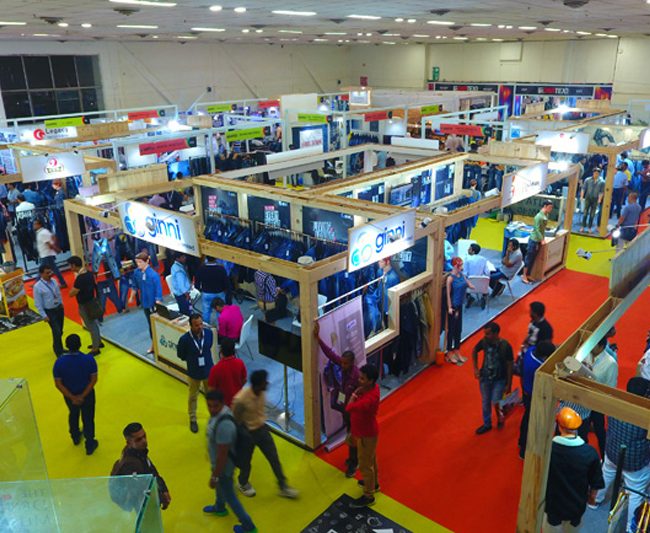
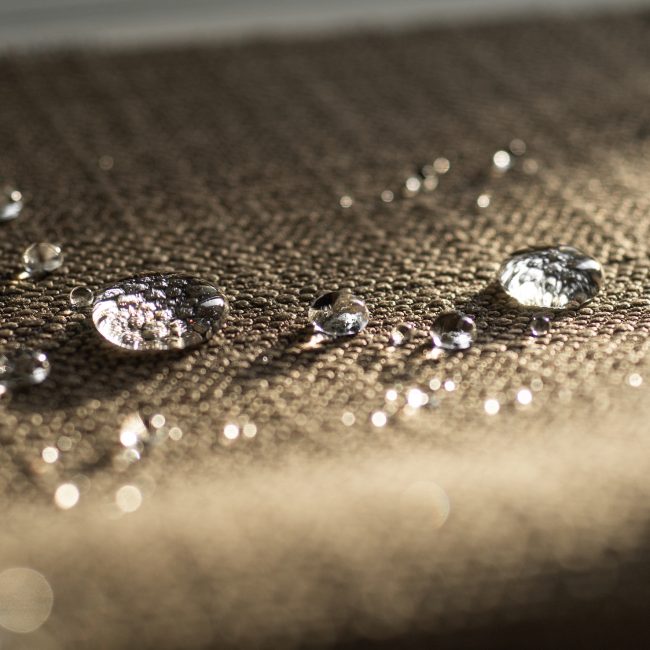




.jpg)
.jpg)
.jpg)
.jpg)
